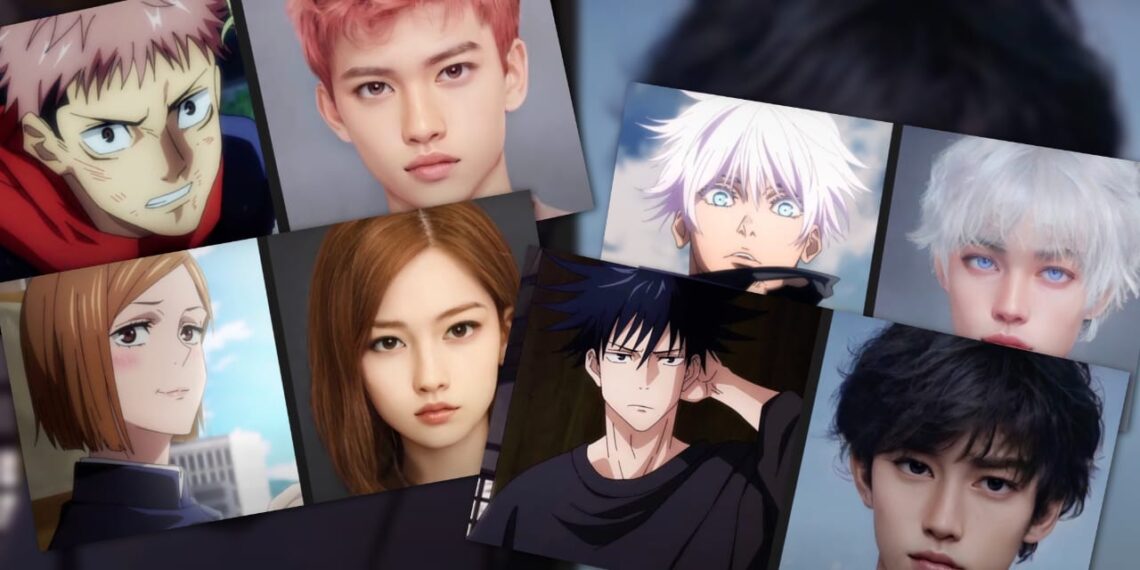Animation allows creators to dream up worlds limited only by imagination. From the wondrous lands in spirited Miyazaki films to the captivating characters of shonen anime, these stories stay nestled within our hearts long after the credits roll. We almost feel as if we’ve befriended these fictional figures, growing alongside them in their joys and struggles.
Though we may never meet our beloved anime heroes sauntering down the street, technology now allows us to glimpse these characters in a remarkable way.
Modern AI art generators provide an intriguing bridge between imagination and reality. By feeding the right prompts to these systems, we can watch in awe as anime protagonists transform into photorealistic individuals right before our eyes.
Seeing the likes of Son Goku or Sailor Moon rendered with vivid detail catapults the imagination. No longer are they confined to the stylings of their animated world.
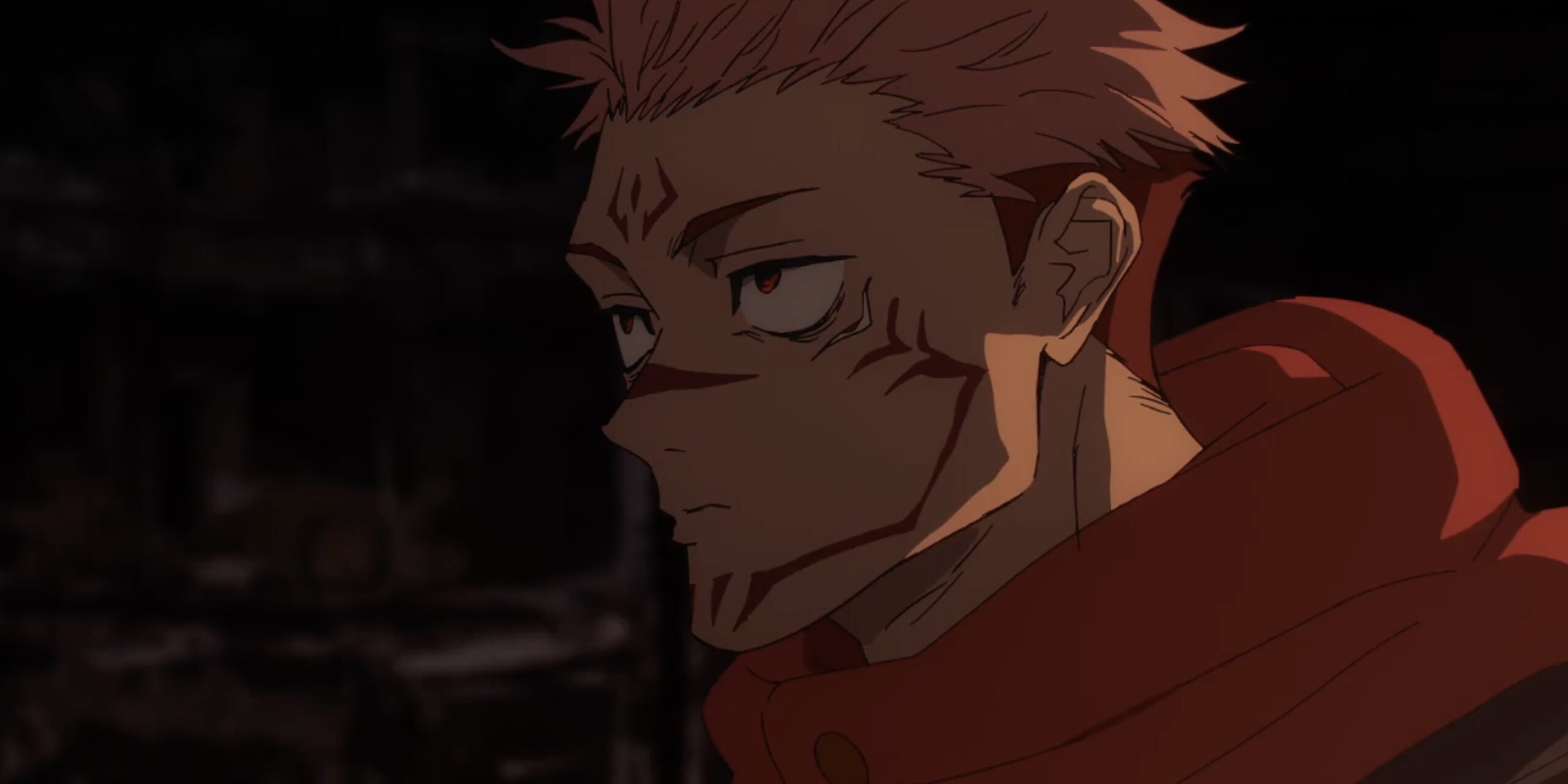
Through wondrous AI, we can visualize precisely what these icons might look like if they walked off the screen and into our reality.
It’s a technological magic trick that fills anime fans with childlike wonder. We can pretend, even for a brief moment, that our on-screen friends have come to pay us a visit on this plane of existence.
AI art tools provide that fanciful glimpse across the imaginary divide in a visually stunning fashion.
20 Jujutsu Kaisen Characters & How They Would Look In Real Life
Here are the best characters from Jujutsu Kaisen and how they are going to be in real life.
20. Masamichi Yaga
Masamichi Yaga was a central character in the supernatural series Jujutsu Kaisen. He served as the wise and steadfast Principal of Tokyo Jujutsu High School, where he mentored a new generation of jujutsu sorcerers.
Though stern at times, Principal Yaga was universally respected for his thoughtful leadership and earnest desire to guide his students toward upholding strong moral principles. This stood in contrast to some of the more dubious leaders and policies of the wider jujutsu world.
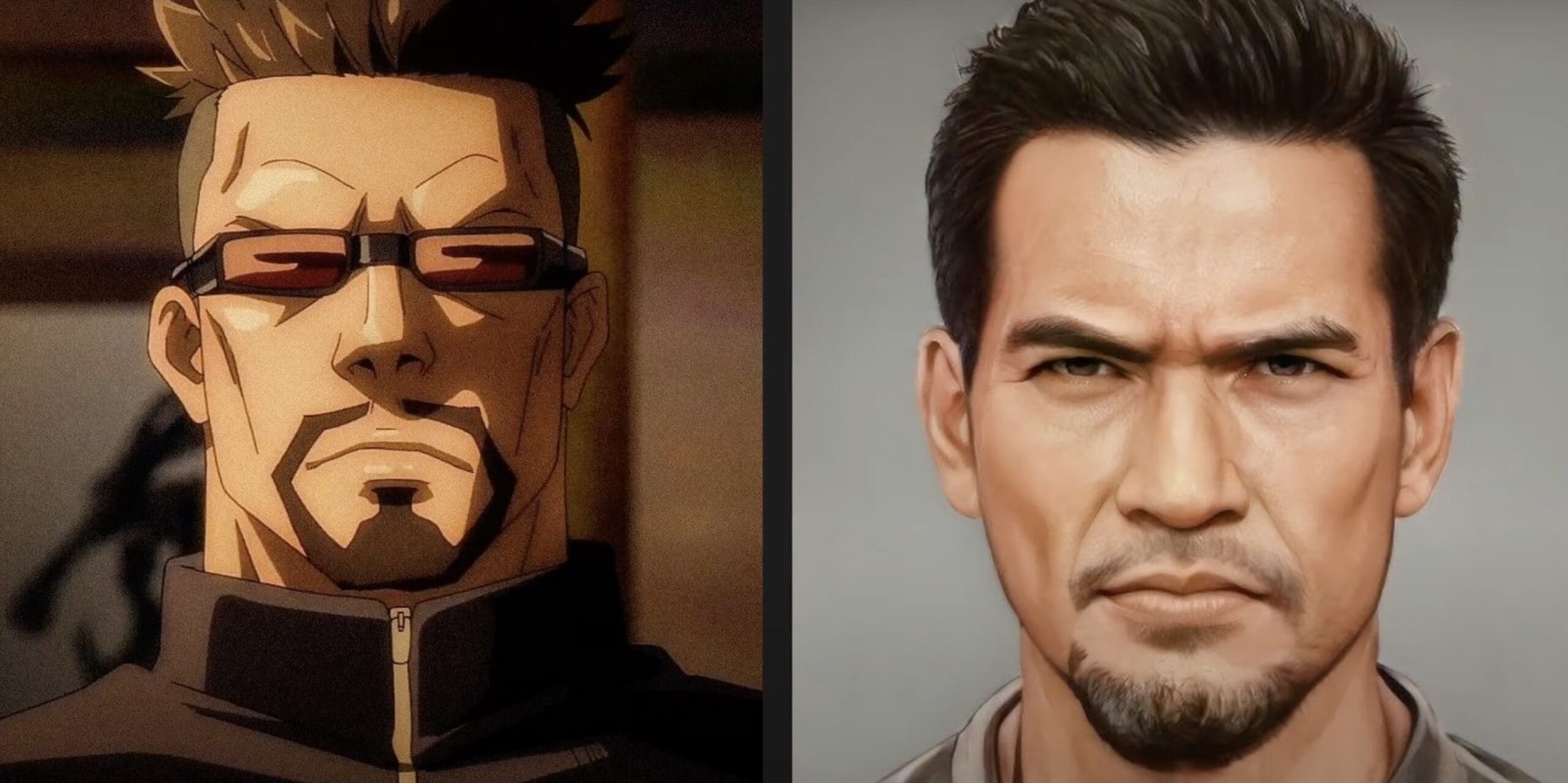
Yaga was also a powerful jujutsu sorcerer in his own right. He held the distinguished rank of Grade 1 sorcerer, indicating mastery of jujutsu techniques. His specialty was as a “cursed corpse” user, wielding reanimated bodies in combat.
Earlier in his career, Principal Yaga mentored the unruly trio of Satoru Gojo, Suguru Geto, and Shoko Ieiri when they were students.
Despite their behavioral issues, he saw potential in them. His patient guidance helped set them on the path to eventually becoming the most powerful jujutsu sorcerers of their generation.
In addition, Masamichi Yaga remarkably created Panda, a gentle panda possessed by a human soul. Panda came to view Yaga as his beloved father figure over the years they spent together at Jujutsu High.
19. Tsumiki Fushiguro
Tsumiki Fushiguro played a pivotal, if tragic, role in the life of her younger step-brother Megumi. Though they were not related by blood, Tsumiki cared deeply for Megumi and often gently scolded him for his propensity to get into fights.
Despite her warm heart, danger and sorrow would soon befall young Tsumiki.
She was the daughter of Toji Fushiguro, the formidable jujutsu sorcerer who became Megumi’s stepfather.
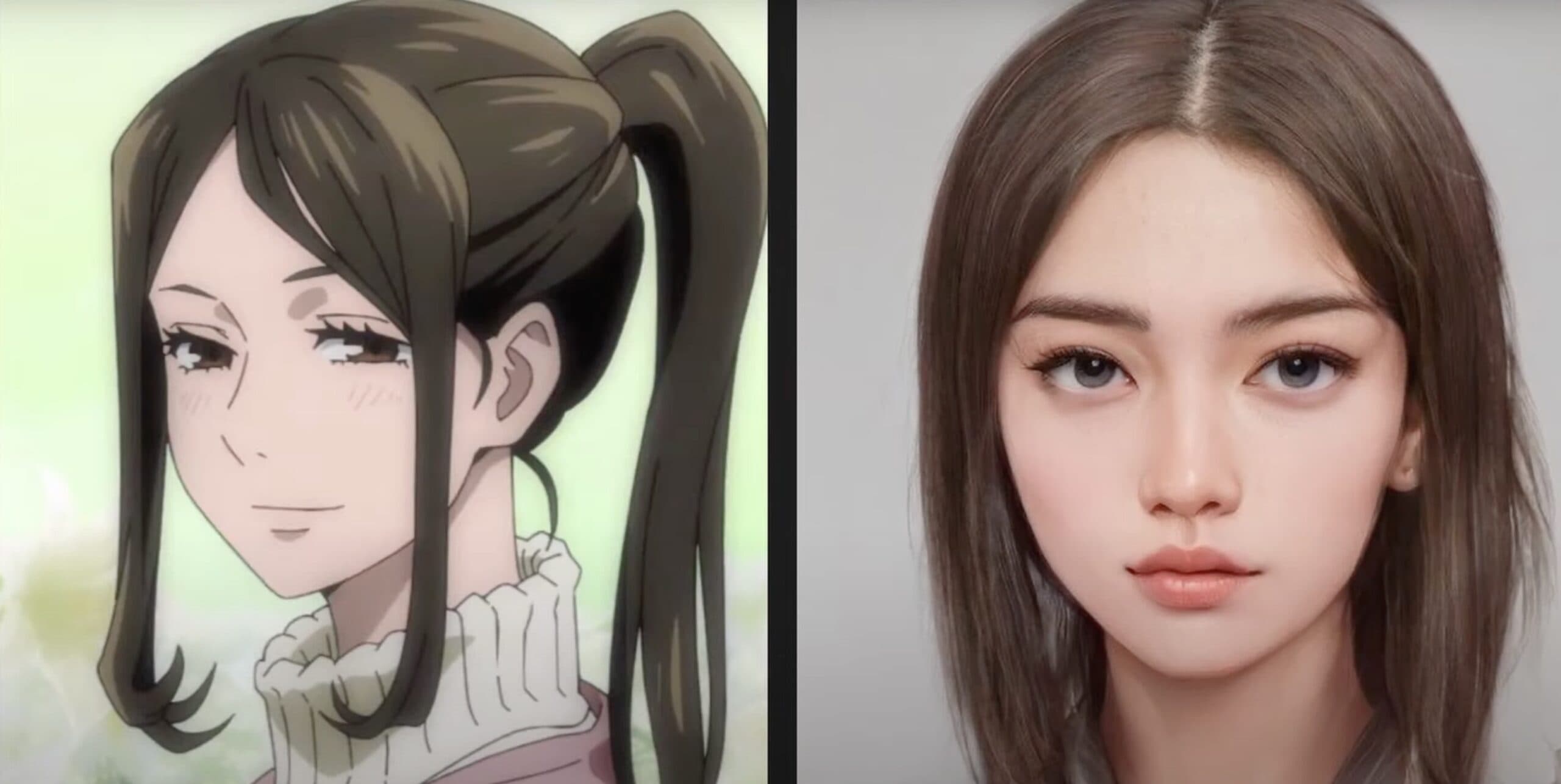
Toji was feared even amongst jujutsu higher-ups for his merciless combat abilities. Tragically, he would meet an early demise.
Tsumiki later became an unwitting pawn in the grand schemes of the villainous Kenjaku. Through occult means, Kenjaku transformed Tsumiki into the host of the Special Grade Curse, Yorozu.
This caught Tsumiki in the midst of the chaotic, high-stakes Culling Game ritual orchestrated by Kenjaku. Her fate remains unknown.
Megumi desperately searches for his beloved sister, hoping to free her from possession by the Special Grade.
However, this risks drawing him into direct conflict with Kenjaku’s intricate plots. Tsumiki has become a tragic symbol of the jujutsu world’s frequent cruelty towards innocents.
18. Noritoshi Kamo
Noritoshi Kamo’s complex backstory provides insight into the politics and traditions that influence jujutsu society’s powerful elite families.
As part of the prominent Kamo clan, young Noritoshi was pressured to uphold his family’s conservative jujutsu values.
This created great inner turmoil for the normally calm and composed Noritoshi during his youth.
Though a skilled fighter and leader amongst his fellow students at Kyoto Jujutsu High School, Noritoshi struggled in relationships due to his family’s dogma.
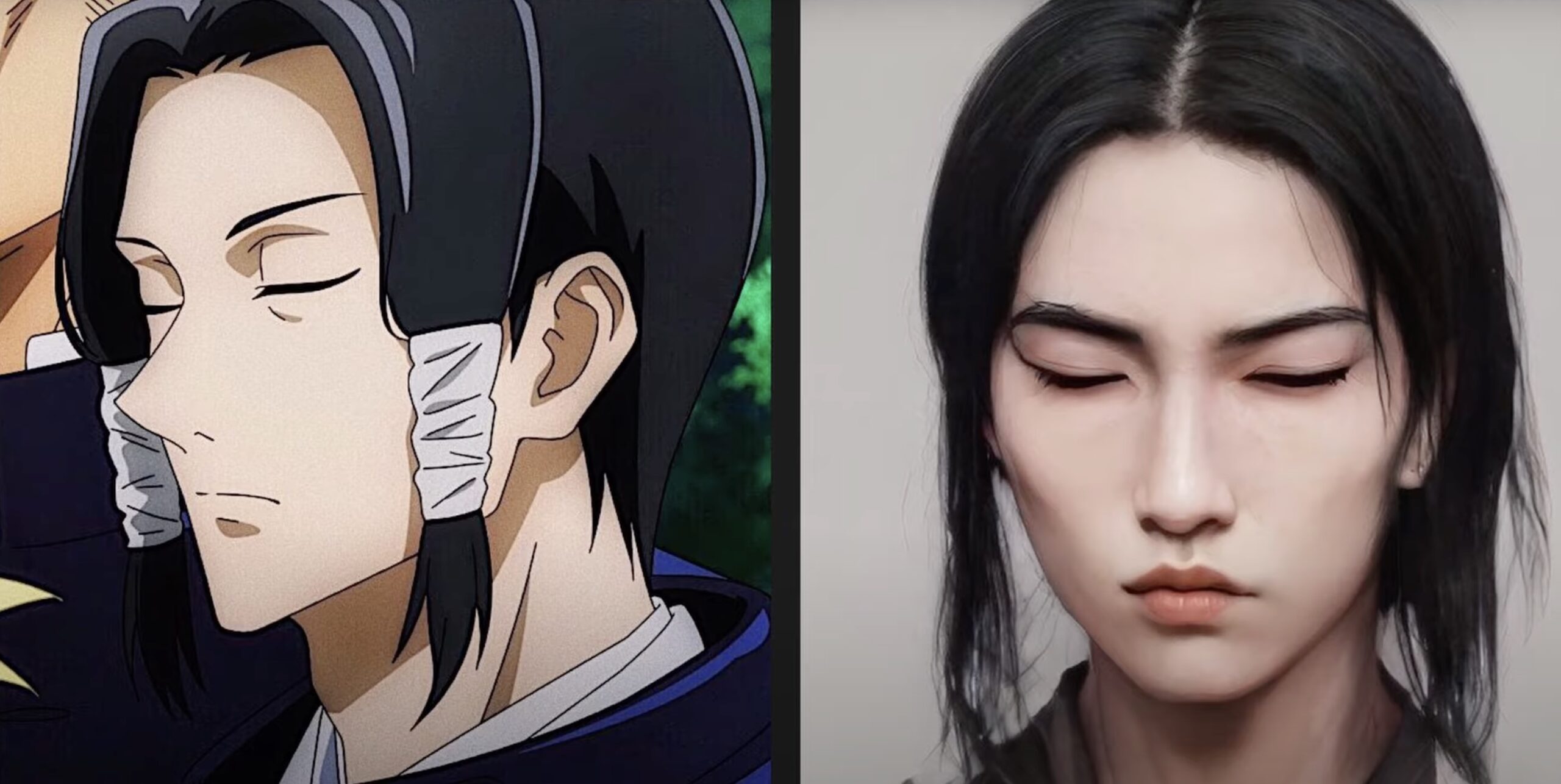
Their archaic teachings promoted viewing those who defy traditions as enemies to be crushed without mercy.
This distorted mindset came to a head when Noritoshi was ordered by his elders to execute Yuji Itadori for being the human vessel of the feared demon Sukuna.
Though Yuji was innocent, the Kamo clan only saw him as a threat. Blindly following their militant commands, Noritoshi hunted Yuji without questioning if it was just.
Over time, Noritoshi gained perspective and broke free from his clan’s poisonous indoctrination.
By forging his own path forward rather than bowing to his family’s wishes, he embodies the inner fortitude needed to reform the jujutsu world’s antiquated systems from within.
17. Momo Nishimiya
Beneath her reserved exterior, Momo Nishimiya harbored a strong-willed conviction for justice in the prejudiced world of jujutsu sorcery.
As a powerful young woman at the distinguished Kyoto Jujutsu High School, Momo endured no shortage of discrimination.
She forged close bonds with her fellow schoolmates Kasumi Miwa and Mai Zenin over their shared experiences of misogyny in their field.
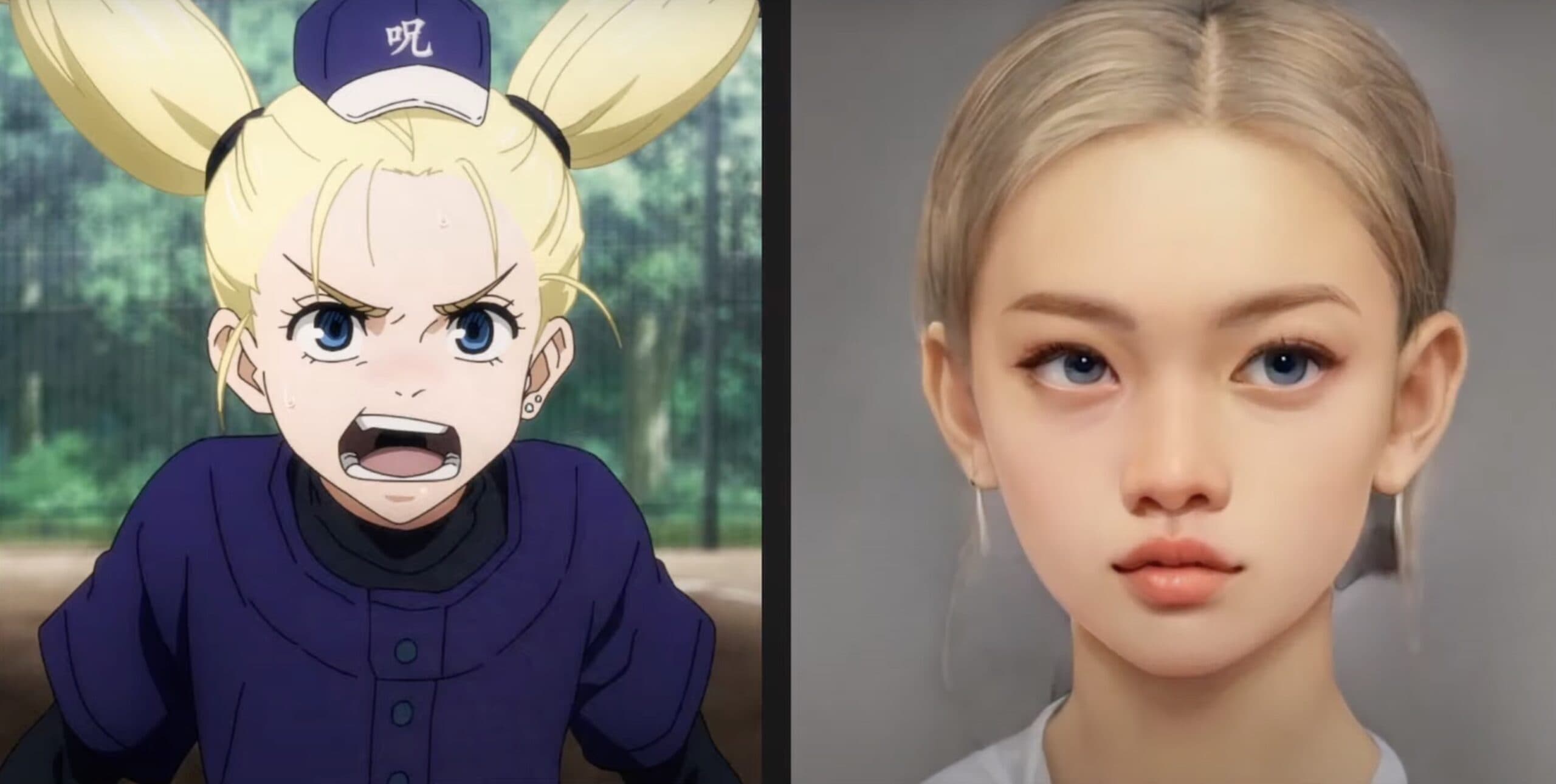
Momo expressed herself through pride in her femininity and cute personal style, though some mistook this for shallowness.
In reality, it was a subtle defiance against the dismissal of women jujutsu practitioners as less capable than men.
When the Tokyo students arrived, harboring the dangerous Sukuna vessel Yuji Itadori, Momo’s perceptions followed typical doctrine to assume Yuji was a threat.
Her resulting rivalry with the bold Nobara Kugisaki highlighted their contrasting approaches to rebellion.
However, when innocent lives were endangered, Momo revealed her deepest qualities. She willingly cooperated with unlikely allies, setting aside surface-level grudges for the greater good.
Though initially quiet, Momo’s convictions rang loudly through her selfless actions.
16. Setsuko Sasaki
The cursory description of Setsuko Sasaki provided precious little insight into her role within Jujutsu Kaisen’s deeper narrative.
However, examining the subtler details reveals the thematic purpose behind her minor character.
As a member of the innocuous Occult Research Club, Setsuko embodied the naive curiosity that often draws average teenagers to meddle with forces beyond their comprehension.
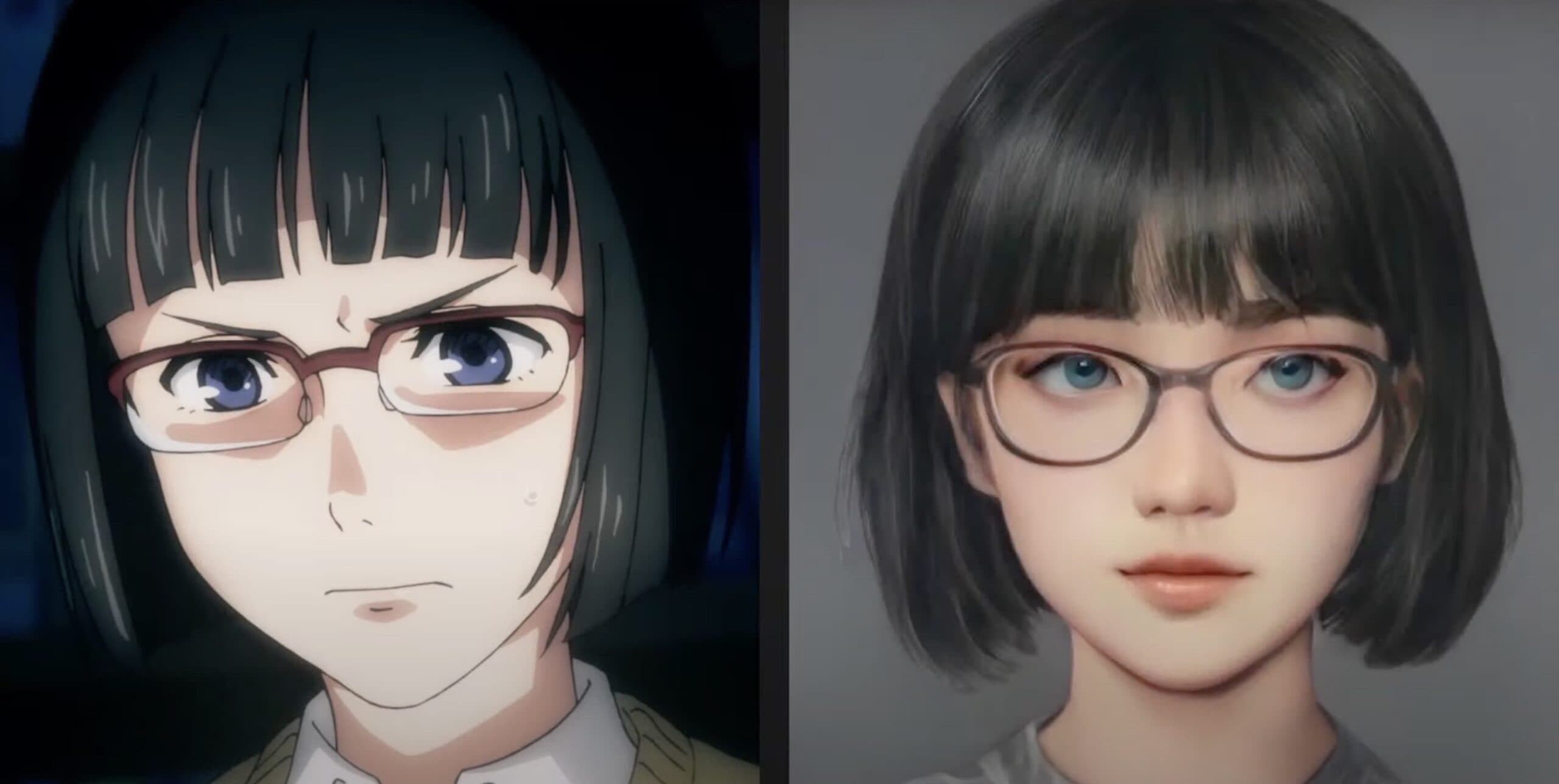
Her request for Yuji to retrieve the dangerous cursed charm showed no understanding of the ramifications. This reflected a detached fascination with the mystical rather than respect for its power.
However, Setsuko’s guilt after the incident exposed her underlying empathy and conscience when confronted with harsh outcomes.
While occult curiosity itself wasn’t depicted as inherently bad, Setsuko realized she had recklessly put her friend Yuji in danger. Her regret demonstrated a willingness to learn from mistakes.
Through Setsuko’s small role, readers observe an early step in Yuji’s hero journey – when misused mystical pursuits result in harm, taking responsibility and gaining wisdom is presented as the righteous path forward. Setsuko represented how even thoughtless actions can ultimately fuel personal growth.
15. Kiyotaka Ijichi
As an assistant director at the eccentric Tokyo Jujutsu High School, the ever-professional Kiyotaka Ijichi shouldered great responsibility for managing special missions.
However, wrangling the school’s chaos proved a Herculean task thanks to the anarchic antics of powerful sorcerer and teacher Satoru Gojo.
While quite capable when operating solo, Kiyotaka struggled to match Gojo’s casual disregard for protocols and procedures.
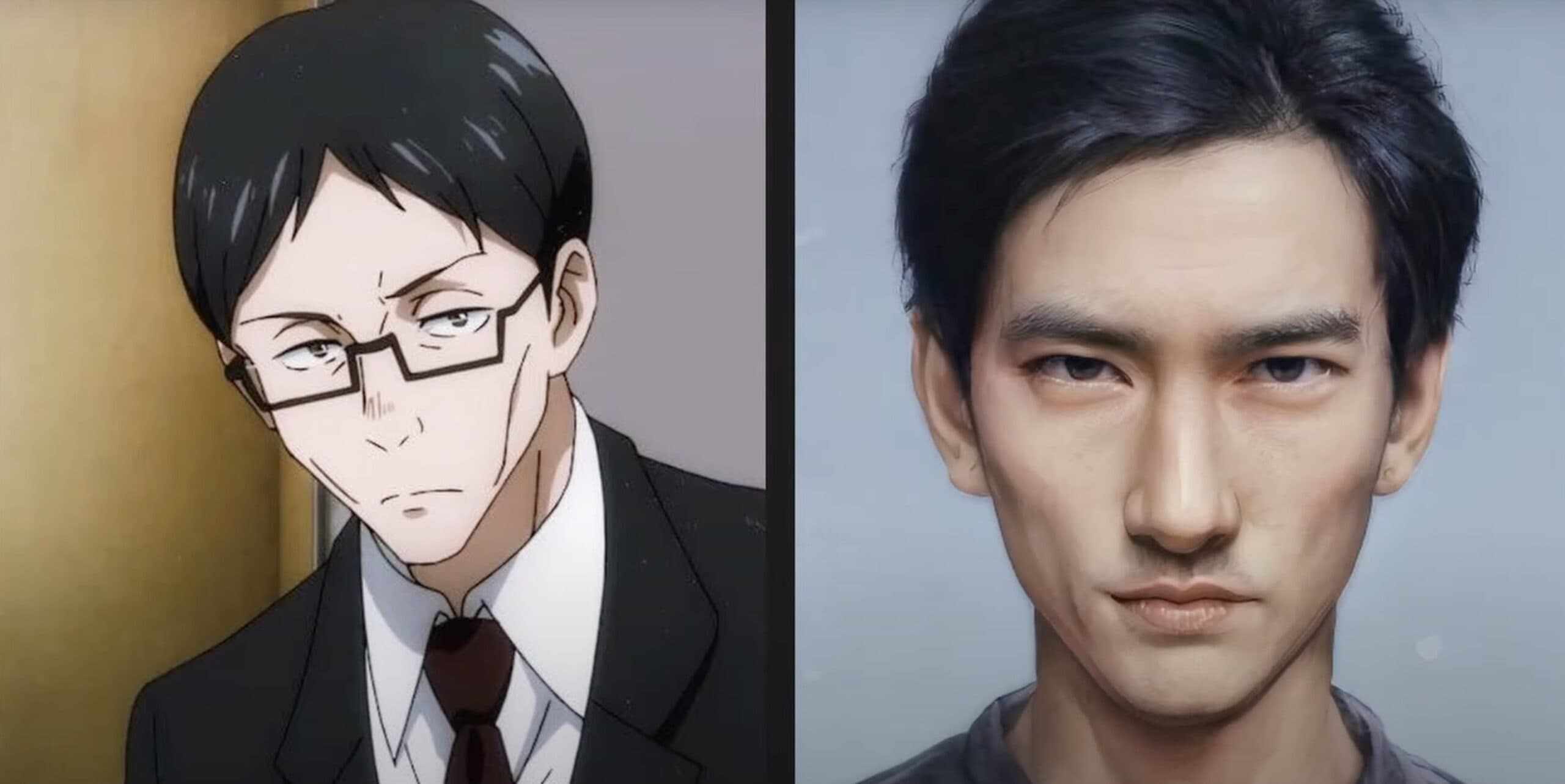
Gojo often left poor Kiyotaka scrambling to apologize to higher-ups and justify collateral damage. This prompted Gojo to refer to Kiyotaka as his sidekick jokingly but condescendingly.
Such belittling treatment exacerbated the simmering tension between the two. Kiyotaka admired Gojo’s strength but loathed his flippant arrogance.
Their strained dynamic highlighted flaws in jujutsu leadership hierarchies. Even talented managers like Kiyotaka lacked authority over immature sorcerers who flouted rules with impunity due to their might.
Yet Kiyotaka persevered in upholding professional standards amidst the chaos. His earnest dedication was a moral counterbalance to Gojo’s carelessness.
Though frequently overwhelmed, Kiyotaka’s resilience demonstrated essential virtues for navigating an eccentric workplace – patience, responsibility, and rising above mistreatment with grace.
14. Utahime Iori
As the distinguished student supervisor at the prestigious Kyoto Jujutsu High School, Utahime Iori exemplified both wisdom and grace under pressure – except when dealing with her antagonistic colleague, Satoru Gojo.
Utahime worked dutifully to set a positive example by maintaining her composure even when Gojo attempted to provoke her.
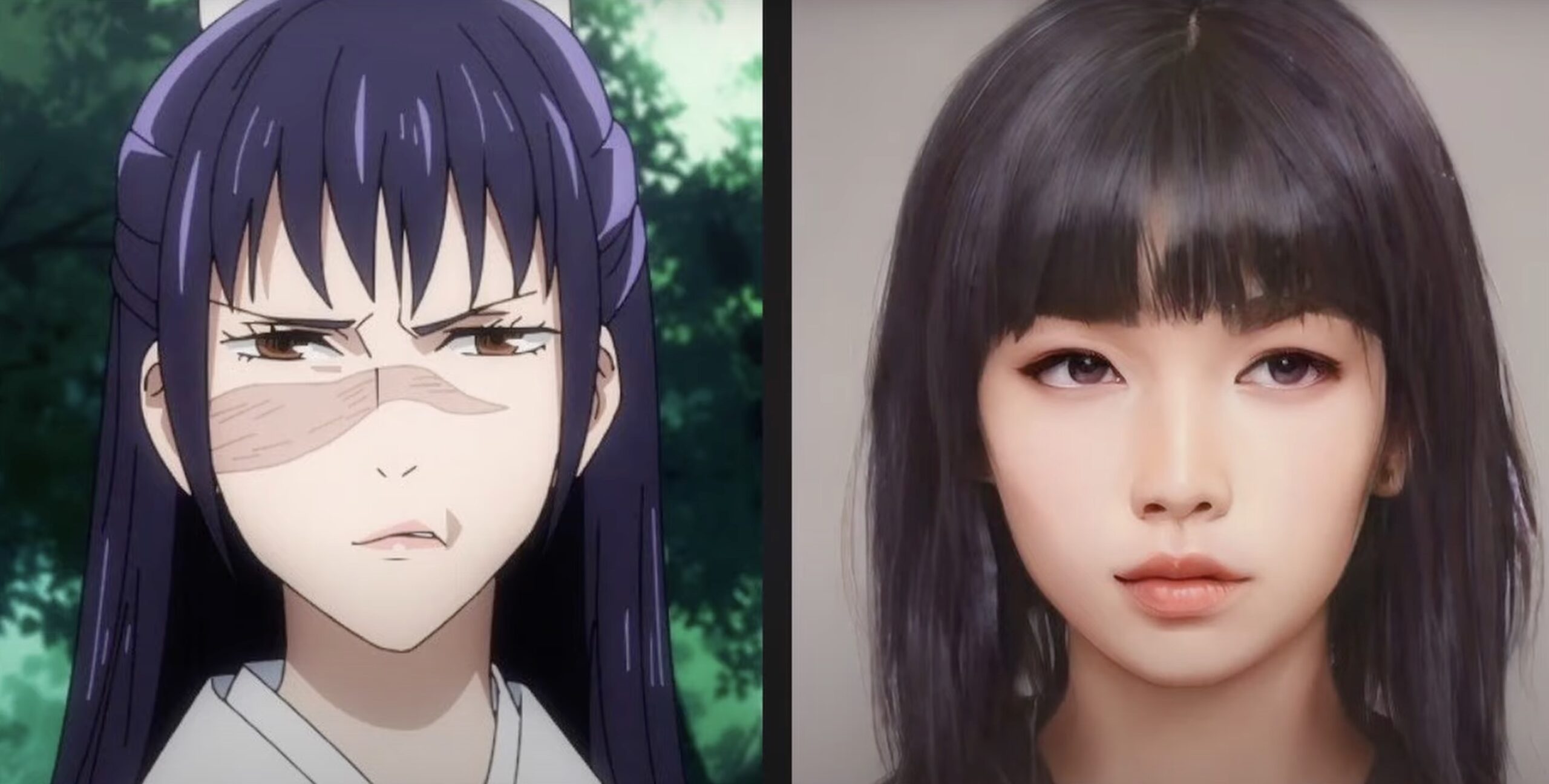
She would calmly remind him to respect his elders, seeing as she was older and more experienced. However, Gojo delighted in mercilessly pressing Utahime’s buttons with taunts about her strength.
During one altercation, Gojo dismissed Utahime as too weak to ever betray the jujutsu world, enraging her to the point of throwing her tea. It was a rare lapse in decorum from the normally peaceful Utahime.
While she presented a nurturing figure for students, Utahime’s interactions with Gojo highlighted issues plaguing Jujutsu’s leadership.
Gojo refused to show deference solely because of Utahime’s seniority. And Utahime struggled to command respect from the arrogant yet powerful sorcerer through status alone.
Their strained dynamic revealed flaws in assuming wisdom always accompanies strength.
Yet Utahime persisted in her convictions, determined to teach principles over power.
Her poise in adversity made her a role model – setting expectations for Gojo to one day adopt her maturity.
13. Mai Zenin
Mai Zenin lived under the oppressive thumb of the Zenin clan, a prominent jujutsu family notorious for cruelly dismissing anyone they deemed weak or useless.
As the meeker twin sister of Maki Zenin, Mai endured prolonged degradation for her perceived lack of sorcery talents.
Where Maki defiantly strove to become a sorcerer to spite clan elders, demure Mai simply wished to avoid conflict and fulfill her expected domestic duties. She bore no grand ambitions beyond surviving day-to-day mistreatment from her relatives.
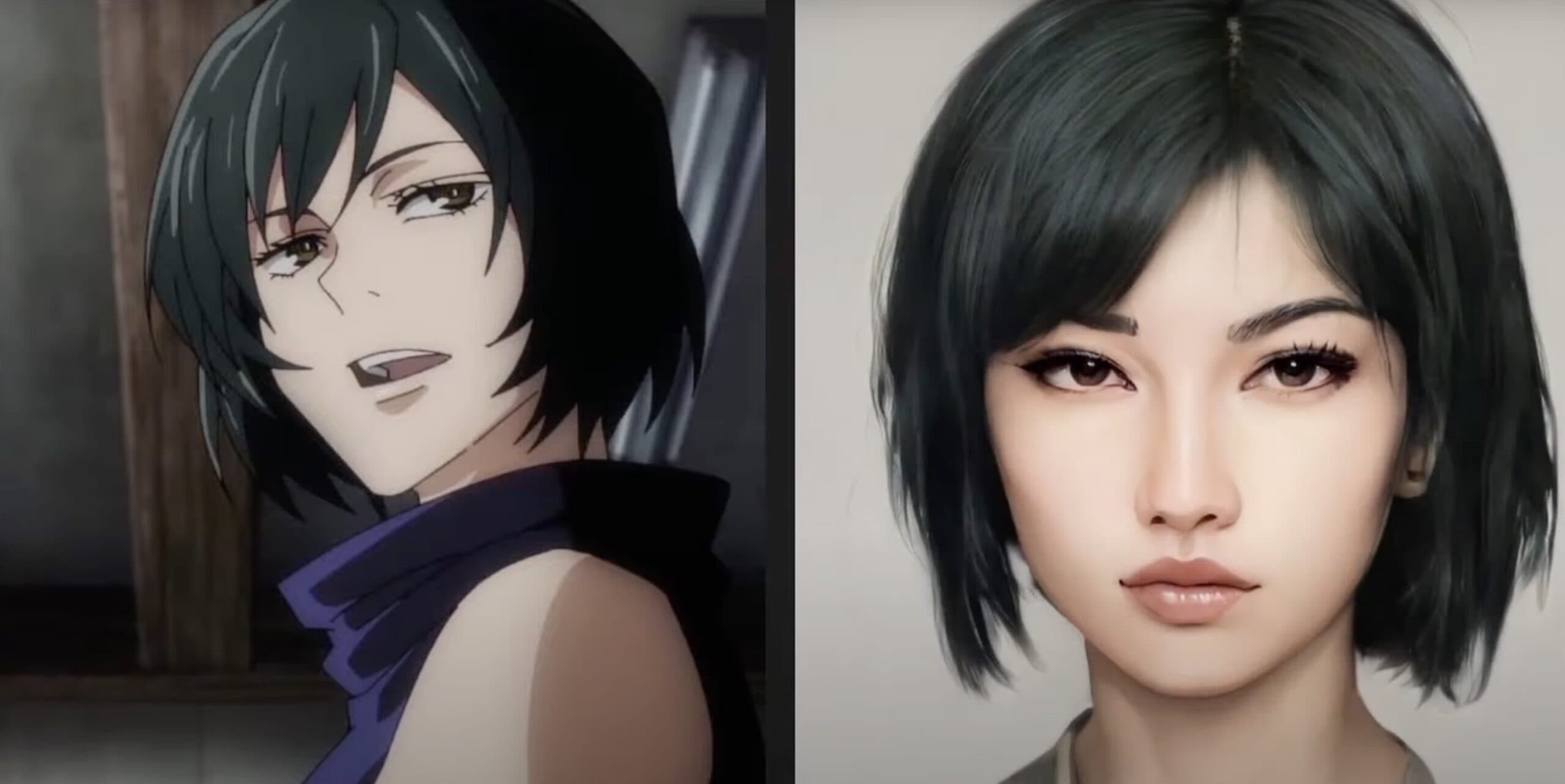
However, when harsh punishments befell the Zenin household following Maki’s continued rebellion, Mai is forced down the same path towards reluctantly training in jujutsu sorcery.
Timid Mai found the process utterly traumatizing, confronted by gruesome curses that went against her passive nature.
Mai grew to harbor deep resentment towards her stubborn sister Maki for defying the clan so forcefully at the expense of Mai’s own freedom.
Their contrasting approaches to affliction highlighted the complex emotions that arise regarding fighting injustice through resistance versus acquiescence.
In the end, the dynamics between the Zenin twins personalize the jujutsu world’s systemic issues – oppression can foster drastically differing perspectives, even amongst victims from the same background.
12. Nagi Yoshino
Nagi Yoshino’s brief role in Jujutsu Kaisen provided profound insight into the maternal influences shaping tragic antagonist Junpei Yoshino’s twisted worldview.
As a single, working-class mother, easygoing Nagi endured her share of life’s hardship but met those challenges with cheerful resilience.
Her own educational shortcomings led Nagi to prize her son Junpei’s happiness over academic aspirations, convincing herself Junpei would thrive outside society’s conventional paths.
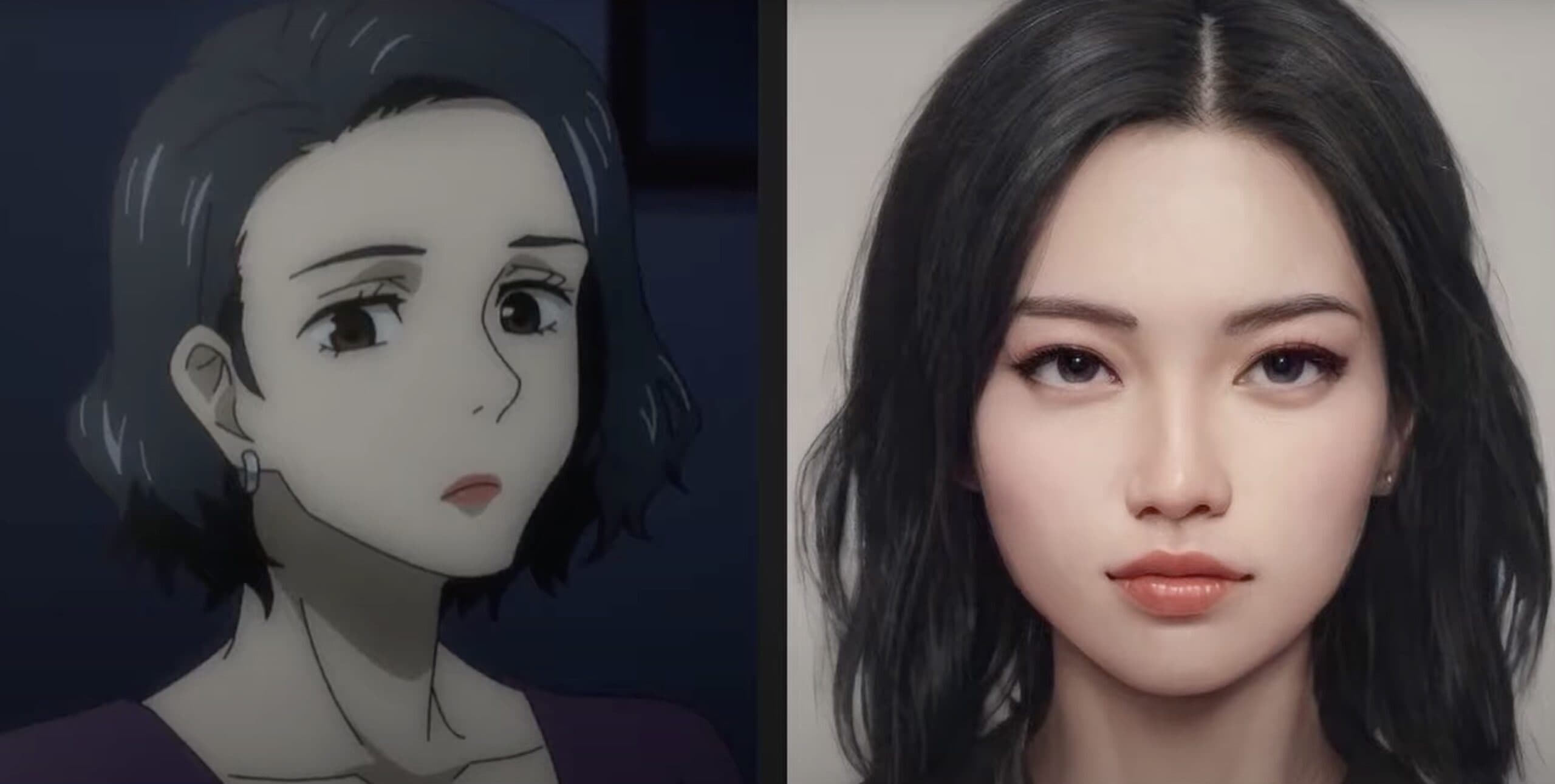
Nagi’s lax parenting allowed Junpei great freedom alongside harmful exposures – she laughed over drinks with her underage son and his dubious friend Yuji while encouraging Junpei to skip school if he felt unmotivated.
Still, it sprung from a place of deep affection rather than negligence.
Tragically, though, Nagi’s unconditional devotion and support failed to instill disciplined morals in Junpei.
Her well-intentioned leniency ultimately enabled the wayward behaviors that facilitated Junpei embracing dangerous quick fixes for fulfillment once she had passed.
In death, as in life, Nagi represented the bittersweet truth that a mother’s love alone cannot guide those predisposed towards violence and cruelty away from darkness waiting to consume them.
11. Toge Inumaki
Behind his taciturn facade, Toge Inumaki harbored profound empathy and wisdom throughout his years.
Toge descended from an esteemed jujutsu lineage granting speech-based curses – a power with consequences he understood deeply.
To avoid unwittingly cursing peers, Toge adopted an unusual clipped speaking pattern that further obscured his true nature.
As a result, Toge’s classmates at Tokyo Jujutsu High School initially found his aloof air intimidating.
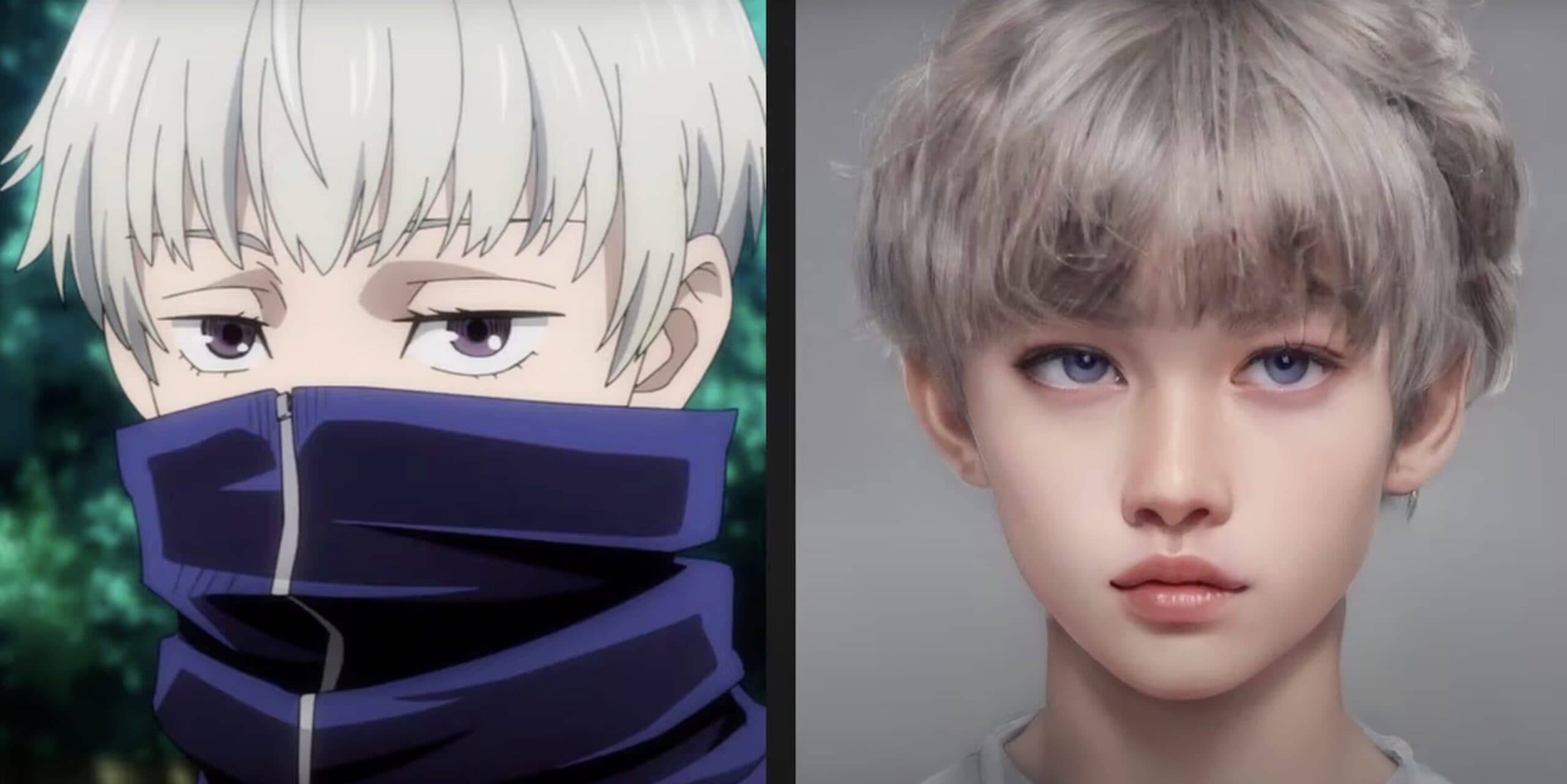
Even after months together, some, like Yuta Okkotsu, remained uneasy around the seemingly standoffish Toge.
However, dedicated observation would reveal Toge’s thoughtful insights on regulating dangerous power so it wouldn’t corrupt moral character.
In this way and more, Toge subverted superficial first impressions. His limited speech concealed great care for his friends’ well-being alongside principled perspectives on jujutsu society’s future.
Toge saw that strength alone did not make one qualified to guide others. And he wisely concluded overwhelming might often blinded holders to humanity’s shared fragility.
Through Toge’s subtle complexity, the narrative suggests still waters run deep within even the most misunderstood outcasts.
Where others saw odd behavior, Toge’s true nature shone through little by little – illustrating how patience and compassion reveal truths beneath the surface.
10. Uraume
The cryptic antagonist Uraume emerged in Jujutsu Kaisen as a devout disciple of destruction who was wholly committed to reviving their demonic master Sukuna after a thousand-year separation.
Having renounced their own humanity long ago to become a wandering Curse that transcended mortality, Uraume’s identity fused with their all-consuming purpose – orchestrating chaotic ruin as an offering to Sukuna.
Behind an eerily placid facade belied a zealot’s impatience regarding anything hindering Sukuna’s resurrection.
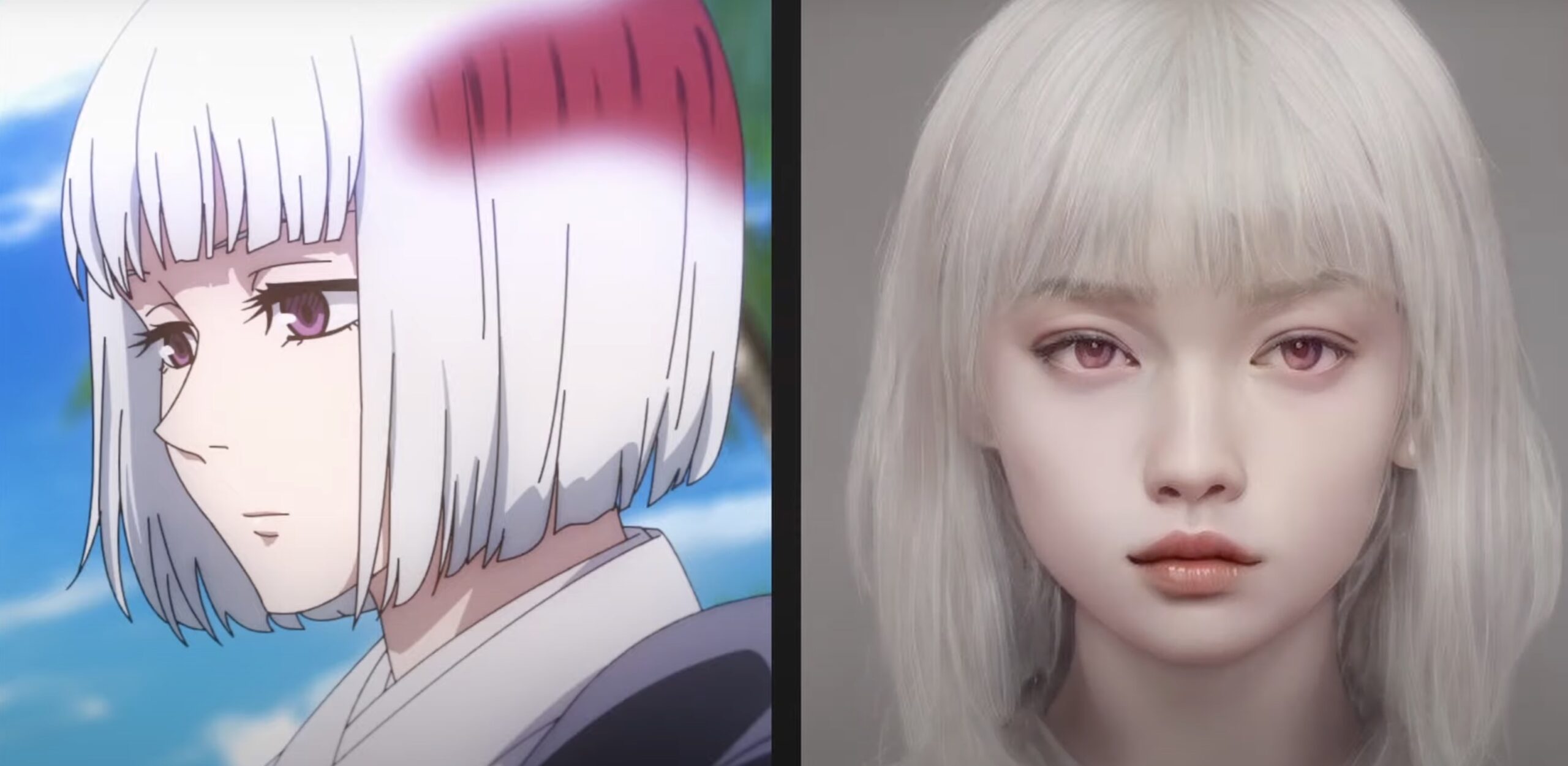
Uraume forged an uneasy alliance with the rogue jujutsu sorcerer Kenjaku, who promised to unseal the legendary Terror of the Heavens. But Uraume had no qualms discarding anyone the instant they ceased being useful for their master’s rebirth.
This devotion minutes they earlier led Uraume to sadistically attack Yuji Itadori’s half-brother Choso for interfering in a ritual siphoning power towards Sukuna’s awakening.
To the Curse’s fanatical eyes, all human bonds were meaningless compared to serving Sukuna’s wishes.
Such a distorted perspective highlighted how immortality disconnected Uraume from empathy toward mortal suffering.
Through this ruthless herald of chaos, Jujutsu Kaisen suggests unchecked obsession creates willing vessels for spreading viciousness – where respect for life falls away, and monstrous acts become justified by false idols.
Uraume represented the human potential for senseless evil when fixated on power above all else
9. Kasumi Miwa
In a realm rife with prodigies drunk on their own outsized talents, second-year Kyoto student Kasumi Miwa stood out for her grounded humility.
Uninterested in glory or grinding ancient axes, good-natured Kasumi pursued the dangerous path of jujutsu sorcery, simply hoping to provide for her beloved younger brothers.
Her selfless motivation was an anomaly among fanatics obsessed with strength.
Where many child sorcerers hardened their hearts to the work’s violence, Kasumi retained empathy towards victims, humans, and demons alike.
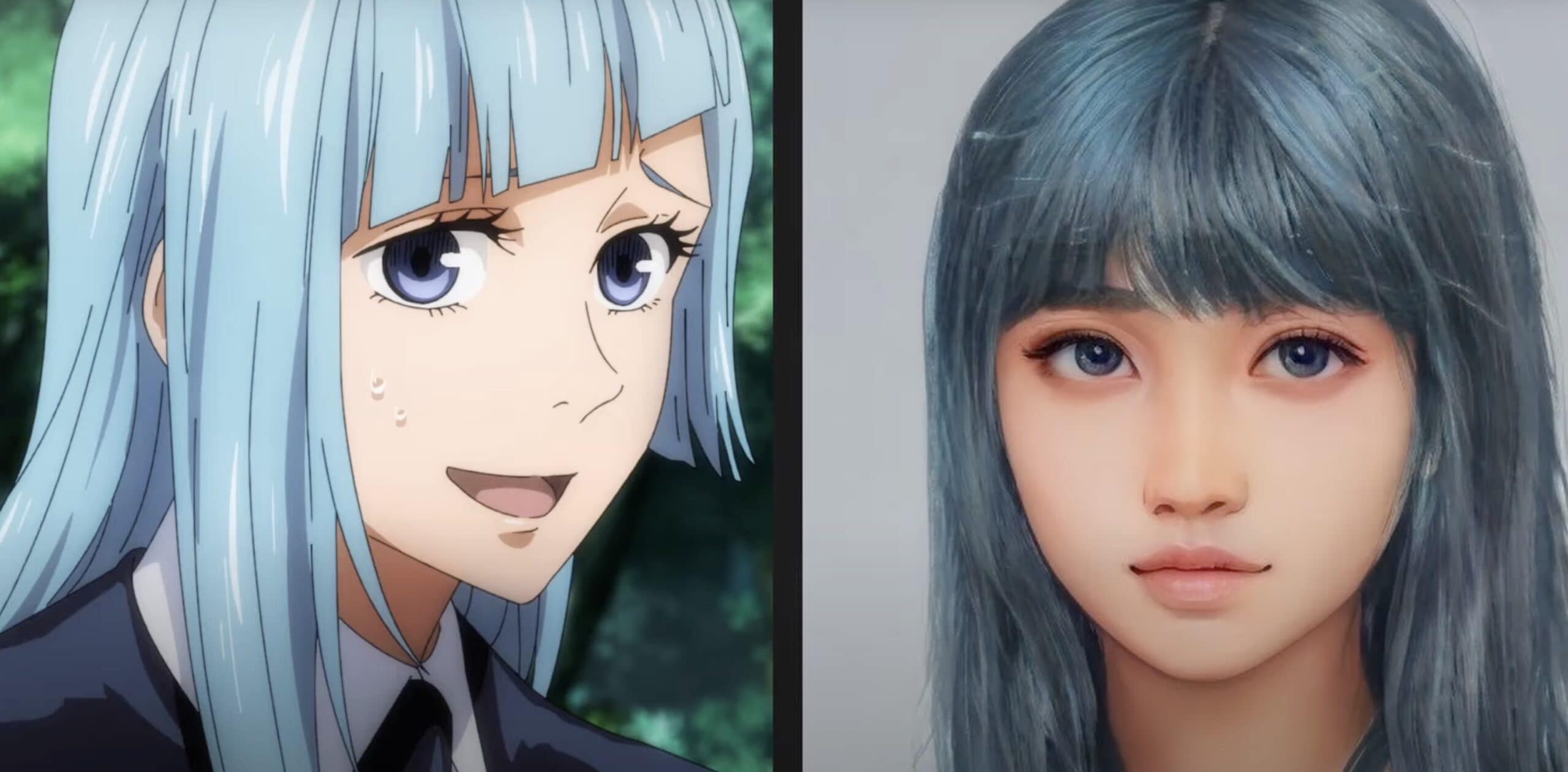
She took no joy in executing cursed spirits, sobered by the loss of life on all sides. Even when ordered to assassinate the human vessel Yuji Itadori, Kasumi agonized over possibly destroying an innocent soul.
Her cousins mocked such conscientious hesitation as weakness, failing to see Kasumi’s strength of principle.
In truth, ingrained righteousness guided Kasumi to question the convenient labels peddled by her elders. To Kasumi, the ends rarely justified cruel means, revealing wisdom deeper than her years.
She sought the greater good, not just of jujutsu society but humanity itself.
Kasumi Miwa thus emerged in stark contrast to the series’ antiheroes—a relatively untested soldier marching steadily towards the light rather than into hazy moral gloom.
Hers was an aspirational compass pointing towards hope.
8. Aoi Todo
The bombastic third-year Kyoto student Aoi Todo leaped off pages and screens to capture hearts through the sheer force of outsized charisma.
Though instantly written off by some peers as an egotistical musclehead obsessed with action and Japanese pop stars, Todo’s eccentricities belied tremendous emotional intelligence and insight.
Behind flamboyant mannerisms lay a principled moral compass – Todo believed in upholding justice while showing mercy to defeated foes.
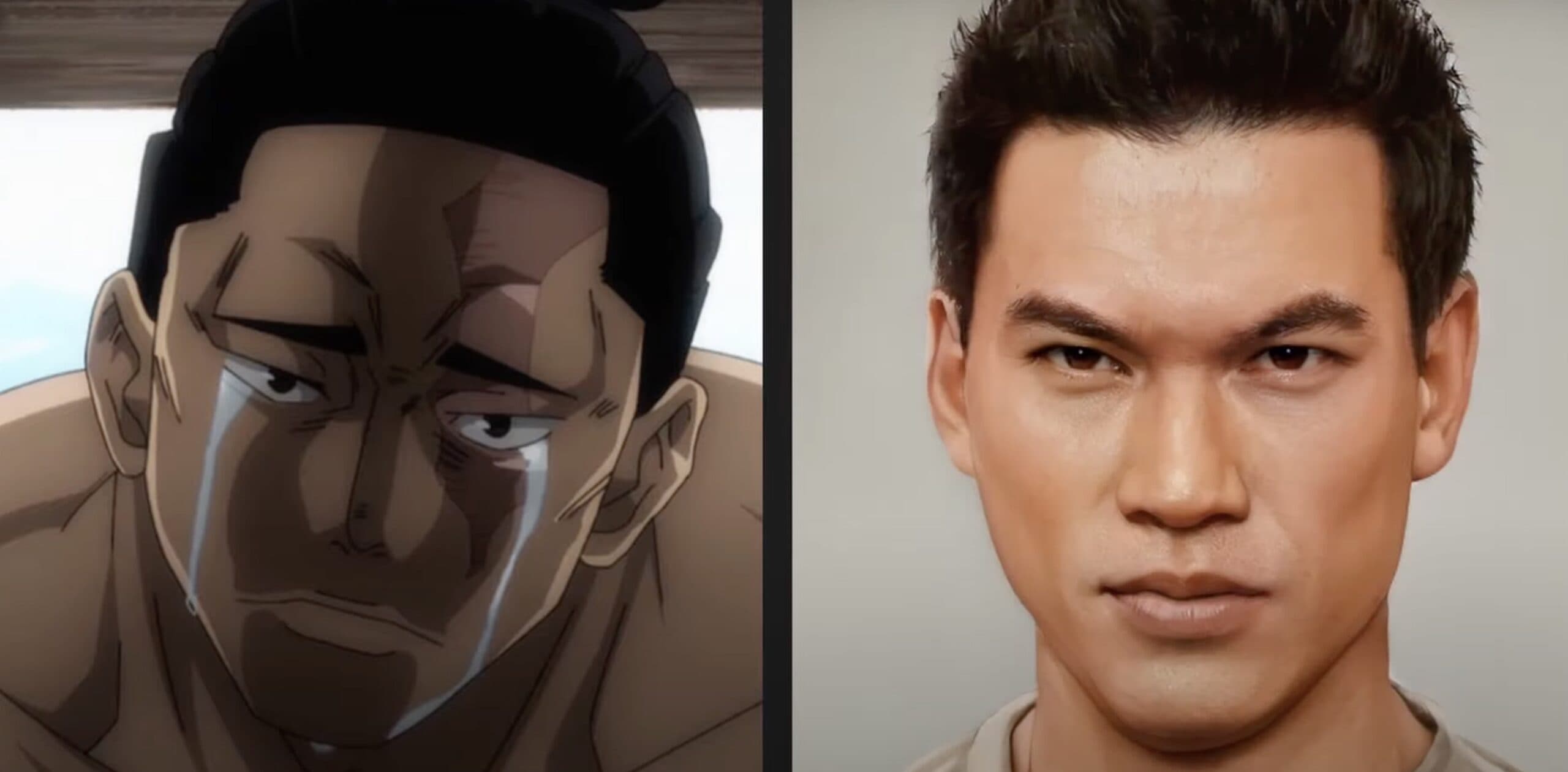
Having survived a cursed childhood, he grasped life’s fragility and advocated respecting shared pain. This softer wisdom fueled his outgoing dramatics, bringing levity to others weighed down by trauma.
Todo’s greatest calling was inspiring greatness itself. He saw the potential within troubled outcasts like Yuji Itadori, offering earnest friendship and encouragement to temper Yuji’s self-doubts.
Yuji, in turn, grounded Todo’s grandiosity with humor and camaraderie.
Ultimately, Aoi Todo subverted stereotypes to showcase humanity’s complexity – how outward ridiculousness can amplify inward virtue.
And how the strongest among us in spirit or battle still crave the simple joys of acceptance. Behind the performative bullying and braggadocio, Todo’s heart shone as his defining feature.
7. Mahito
The insidious cursed spirit Mahito represented the metaphorical embodiment of humanity’s capacity for senseless cruelty against itself.
Emerging from an abyss of human sins, Mahito weaponized mankind’s propensity for malice to justify returning viciousness tenfold through sadistic murders.
Behind his unassuming, youthful guise seethed chaotic hatred towards all human life – towards the very beings whose collective darkness birthed him.
Mahito saw himself as a necessary force to cleanse the world by eradicating humankind completely and replacing them with more “evolved” cursed spirits.
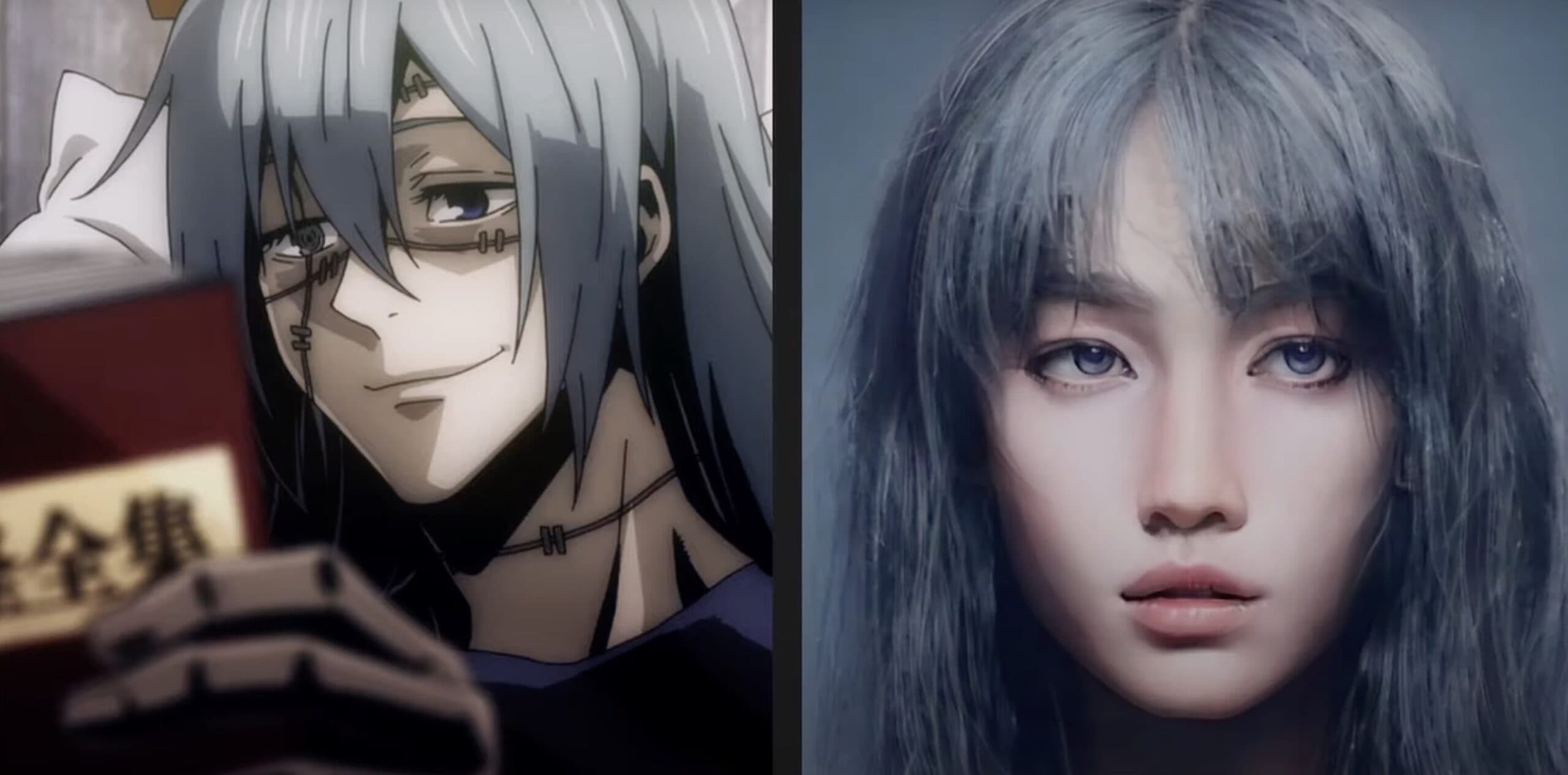
Mahito delighted in emotionally and physically torturing human victims, reveling in their anguish to feed his own twisted pride.
He led a dangerous faction of curses sharing his rabid anti-human sentiments and genocidal goals without an ounce of empathy.
Ultimately, Mahito and his extremist acolytes represented the need for society to confront its internal deterioration, enabling such vile ideologies targeting innocents to metastasize unchecked.
For in failing to tend to spaces where outcasts can turn vengeful, Mahito’s real-world counterparts will emerge from societies reaping the toxic harvests they sowed through cruelty and indifference.
6. Maki Zenin
Second-year jujutsu student Maki Zenin endured a childhood of cruelty within her prestigious Zenin clan, scorned as “worthless” for lacking the supernatural talents expected of their heirs.
Rather than internalize despair, proud Maki defiantly vowed to gain power, surpassing all who dismissed her abilities based on gender and hierarchy.
Beneath a stoic, lone wolf façade burned a relentless drive towards exceeding the stratified limits imposed upon her.
Maki trained tirelessly to rival prodigies, seeking recognition through excellence rather than bloodline.
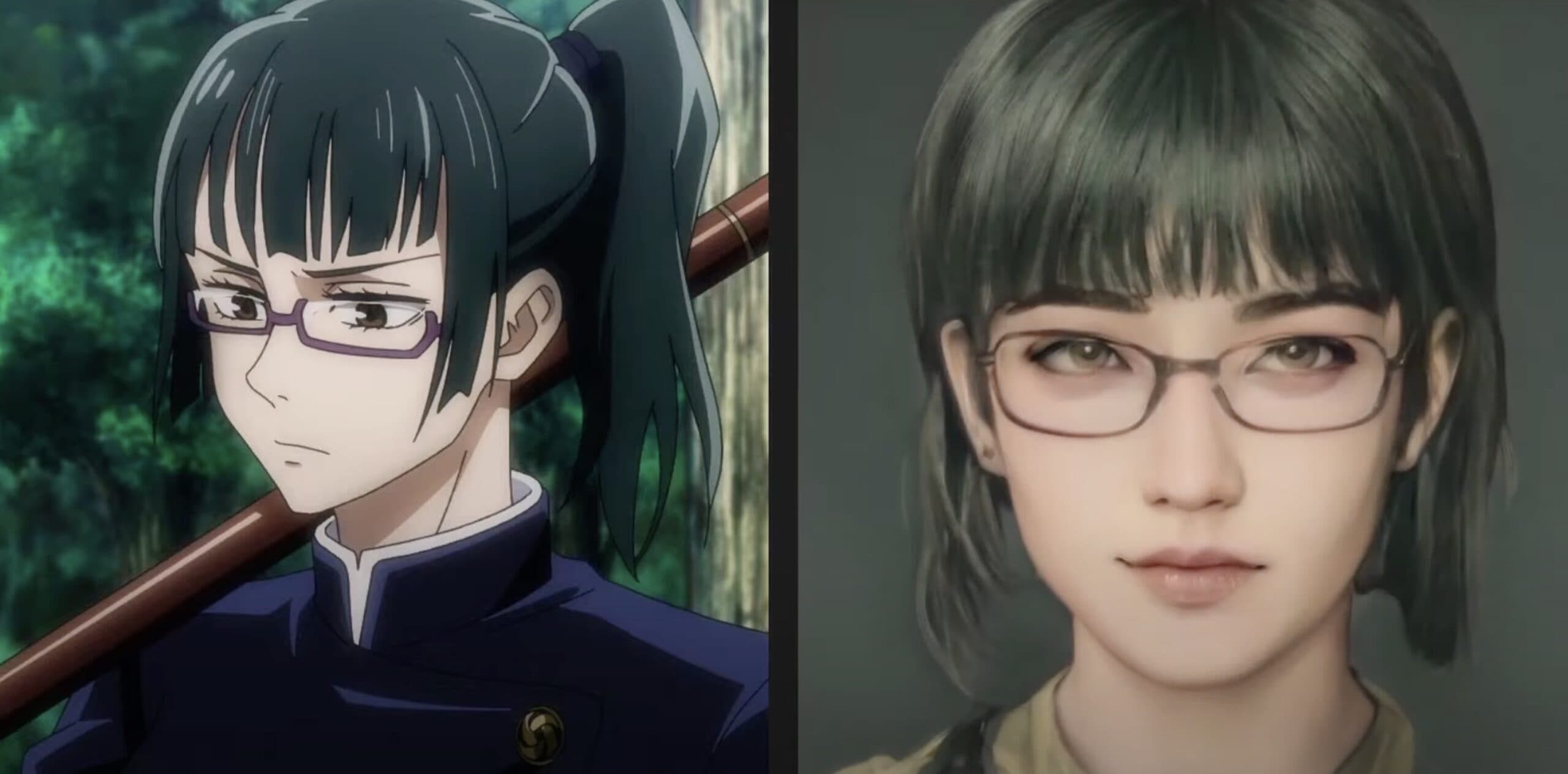
Her blunt, assertive nature stemmed from learned distrust towards flattery from earlier false praise.
However, Maki’s abrasiveness concealed deep-seated insecurities borne of emotional isolation.
Having weathered abuse without support structures, she shunned vulnerability as weakness, insisting on self-reliance.
Over time, though, Maki’s bonds with friends like Panda and Toge helped temper her rougher edges.
Through Maki’s simmering inner turmoil and struggles against discrimination, Jujutsu Kaisen highlighted the trauma of injustice while celebrating the catharsis of proving oppressors wrong through courage and perseverance.
Her pain made Maki Zenin human, but her resilient spirit made her a hero.
5. Kento Nanami
Jujutsu sorcerer Kento Nanami’s understated profundity defied initial stoic impressions.
Nanami’s restrained wisdom, born from weathering workplace disenchantments in civilian corporate life, granted refreshing pragmatism to temper the bombastic bravado surrounding many peers.
Where hotshots like Gojo relied on prodigious talents to overcome threats through force, adaptable Nanami strategized creative solutions emphasizing discretion over destruction.
His versatile skillset, honed from quitting and then returning to jujutsu work years later, allowed him to handle diverse paranormal challenges without compromising principles or allies.
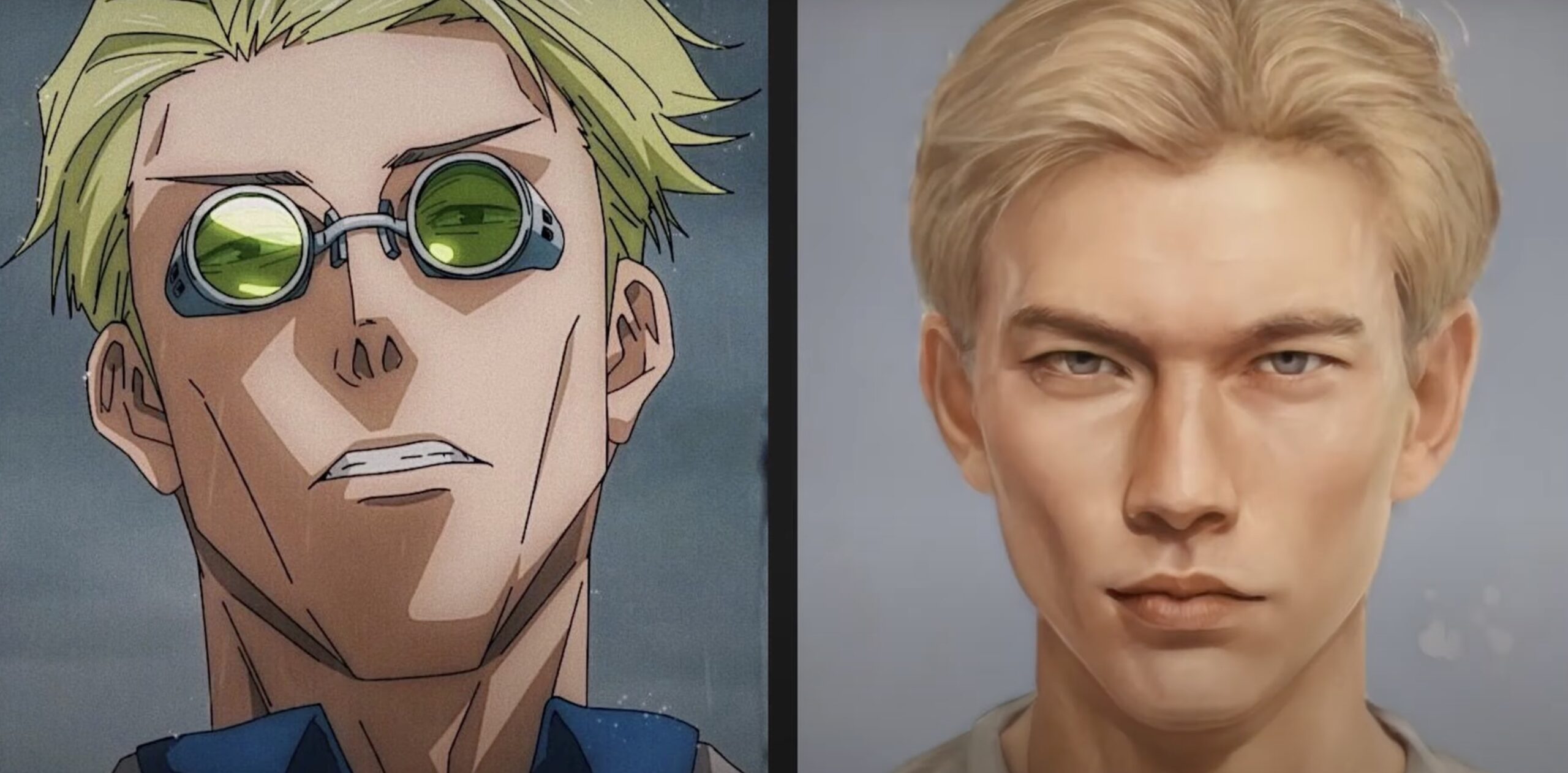
Beneath a calm, occasionally curt exterior lay profound emotional intelligence.
As a mentor to troubled teen Yuji, Nanami nurtured growth through patience and perspective, recognizing the struggles hidden under Yuji’s smile.
He balanced compassion with accountability to steer Yuji towards self-acceptance rather than recoiling from difficulty.
Kento Nanami illuminated a measured path in Jujutsu Kaisen’s turbulent universe – channeling quiet courage and wisdom refined through setbacks outside the spotlight’s glare.
His understated resilience demonstrated true leadership.
Where hot-headed prodigies fixated on crushing threats through might alone, Nanami represented the shepherding guidance necessary for those around and after him to survive the dark days ahead.
4. Megumi Fushiguro
Aloof jujutsu prodigy Megumi Fushiguro concealed roiling angst behind a detached, sullen facade.
As a descendant of the notorious Toji Zenin, Megumi endured a childhood denied affection by a father, molding him into a ruthless weapon beyond morality.
Only intervention from mentor Satoru Gojo provided Megumi refuge from exploitation.
Yet trauma left indelible scars upon Megumi’s psyche. Around most, he projected near-emotionless composure, internalizing anger towards his upbringing’s cruelty.
Only his sister Tsumiki could elicit Megumi’s softer nature. Her continued safety remained his sole motivation, eclipsing career aspirations or camaraderie.
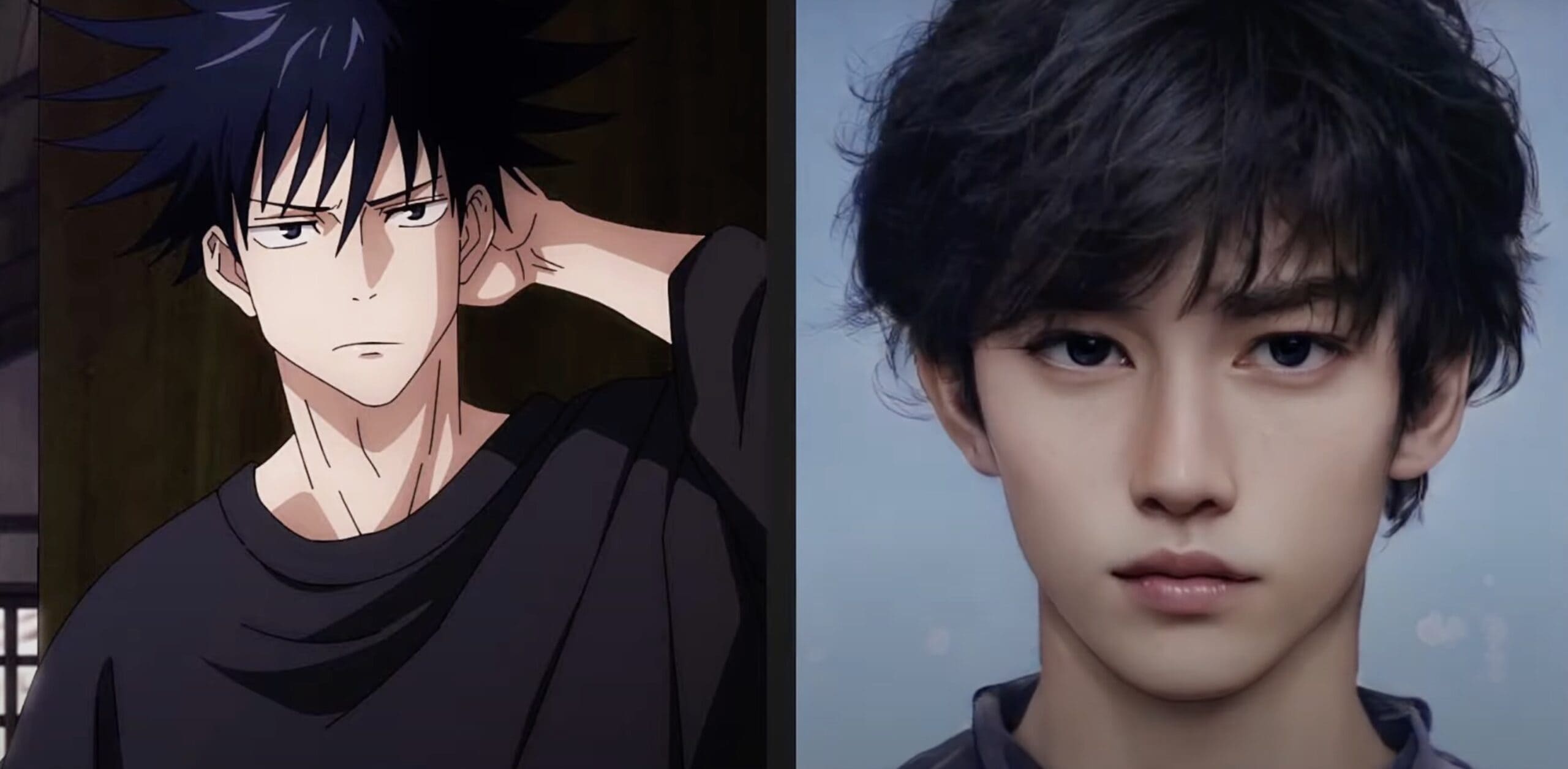
This combination of underlying sensitivity and resignation towards violence put Megumi at odds with himself and reality.
While he avoided bonding with Jujutsu High classmates to dull future loss, seeing Yuji’s dedication to saving lives stirred Megumi’s long-buried aspirations to help others.
Though still quiet, purpose tempered his bitterness.
Megumi Fushiguro thus walked a razors-edge on his philosophical journey – pulled between callousness conditioning him to view feelings as weakness versus humanistic impulses to connect with people.
Only by confronting the source of his childhood scars could Megumi define himself on his own terms.
3. Nobara
The brazen jujutsu apprentice Nobara Kugisaki burst onto the scene, wielding hammer and nails as readily as strength of conviction.
Rather than bow to peers questioning her talents because of outdated stereotypes, Nobara doubled down on confidence in her abilities.
Her brash attitude and fashionable appearance intentionally challenged antiquated notions that women must appear meek to be taken seriously as sorcerers.
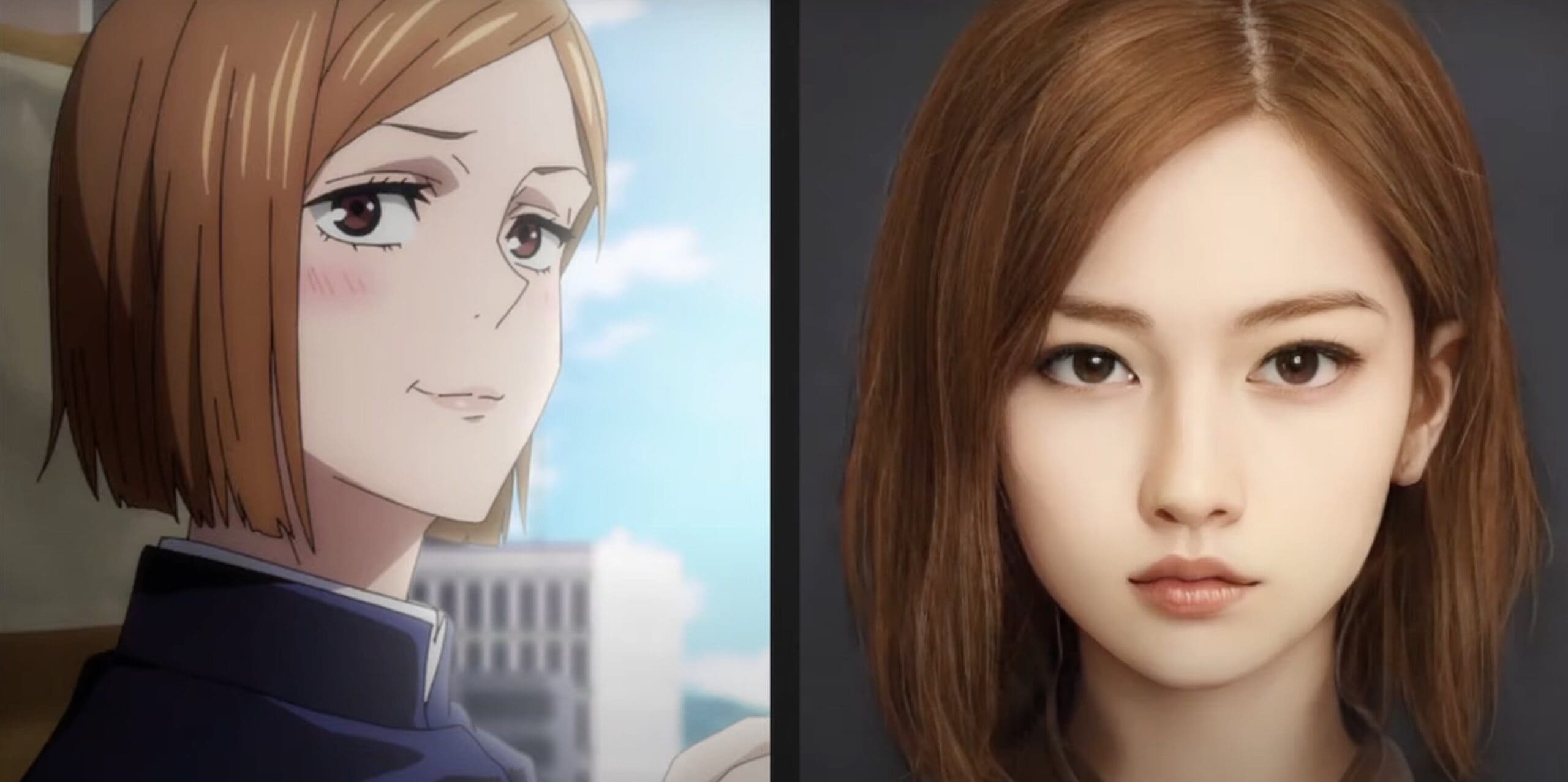
Nobara refused to dull her femininity or extroverted feistiness to assimilate with her stoic male counterparts. She took pride in reminding stuffy traditionalists that diverse personalities strengthen communities.
However, underneath Nobara’s cocky veneer lurked profound empathy uniquely attuned to outcasts’ suffering from unfair expectations, a byproduct of her own shunned rural upbringing.
This fueled her steadfast devotion to defending innocent lives while navigating volatile jujutsu politics.
Above all, Nobara Kugisaki represented the emergence of unapologetic authenticity in the face of unfair establishments – one daring young woman’s stand against compromising identity to appease gatekeepers of “respectability.” And proof that correcting corrupt systems requires loud dissent from within.
2. Yuji Itadori
Yuji Itadori begins as an average high school student living a normal life in Sendai City. His life takes an unexpected supernatural turn when he has a fateful encounter with Megumi Fushiguro.
In this encounter, Yuji ends up swallowing one of the fingers that contains the dangerous cursed spirit known as Ryomen Sukuna.
As a result, Yuji becomes the vessel binding Sukuna in the world.
Now host to this powerful and malicious entity, Yuji’s life is forever changed. He gets drawn into the secretive world of jujutsu sorcerers and their battles against cursed spirits.
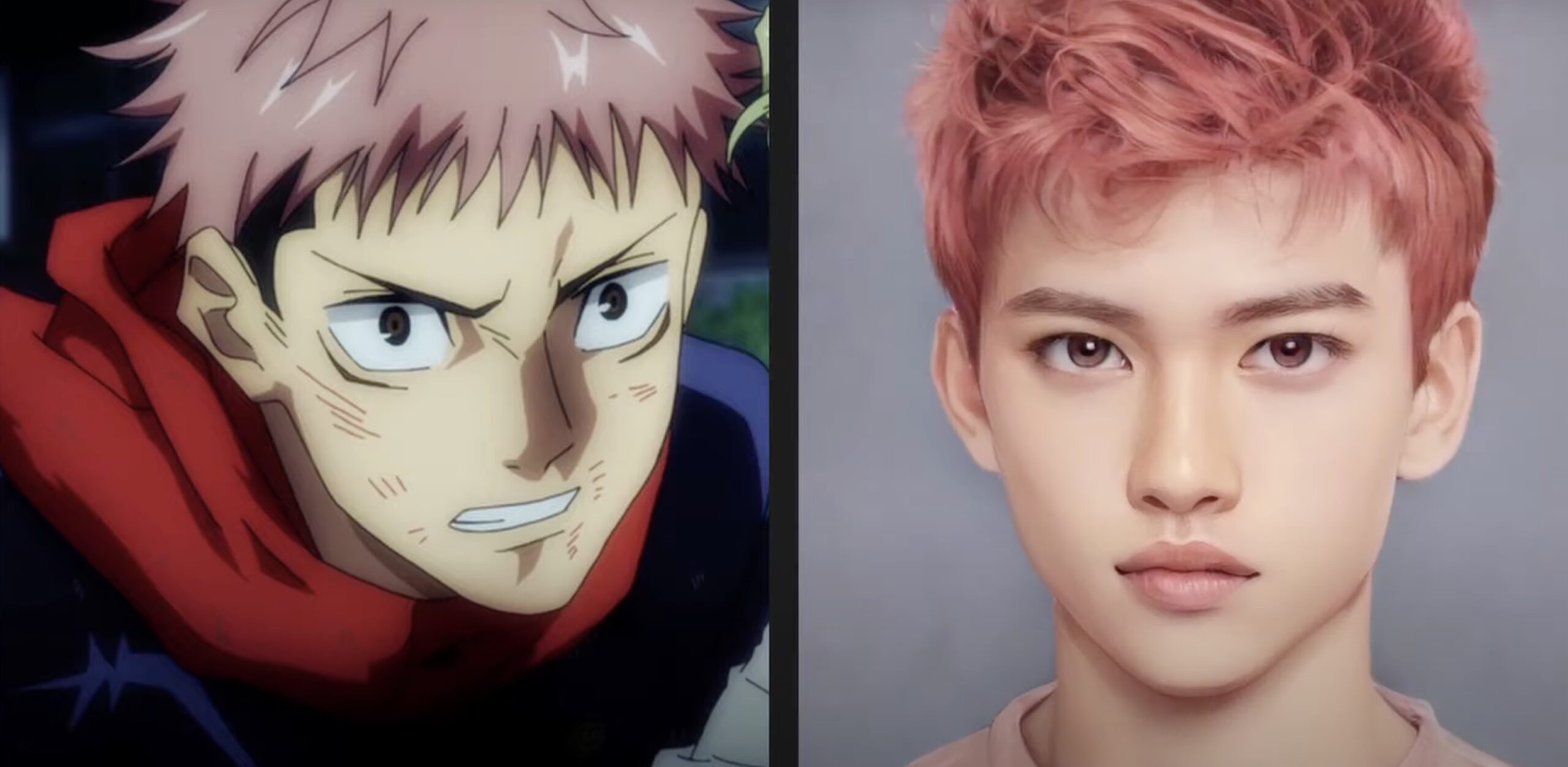
Yuji enrolls as a first-year student at the prestigious Tokyo Jujutsu High School alongside Megumi and another skilled Jujutsu apprentice named Nobara Kugisaki.
There, he begins training to control his curse and use his newfound mystical abilities to help others.
Throughout his adventures, Yuji demonstrates a compassionate spirit and strong moral code. He values all human life greatly and wants to ensure even enemies meet proper, respectable ends.
Yuji avoids killing if at all possible, only using lethal force as an absolute last resort. His empathy extends beyond just humans – he grants dignity and mercy to cursed spirits, too.
Yuji strives to apply this ethical code of causing no unnecessary harm, even in the most dangerous confrontations.
1. Satoru Gojo
Satoru Gojo stands out as one of the most powerful jujutsu sorcerers alive. His mastery of limitless cursed energy and the rare Six Eyes ability has made him essentially unbeatable in combat.
Gojo holds the prestigious rank of Special Grade within the Jujutsu Society, signaling abilities far beyond those of common sorcerers.
As the first Gojo Family member in four centuries to inherit both the Limitless technique and the Six Eyes, Satoru carries the hopes and pride of his clan on his shoulders.
Yet he maintains a fairly casual, irreverent attitude towards those expectations most of the time.
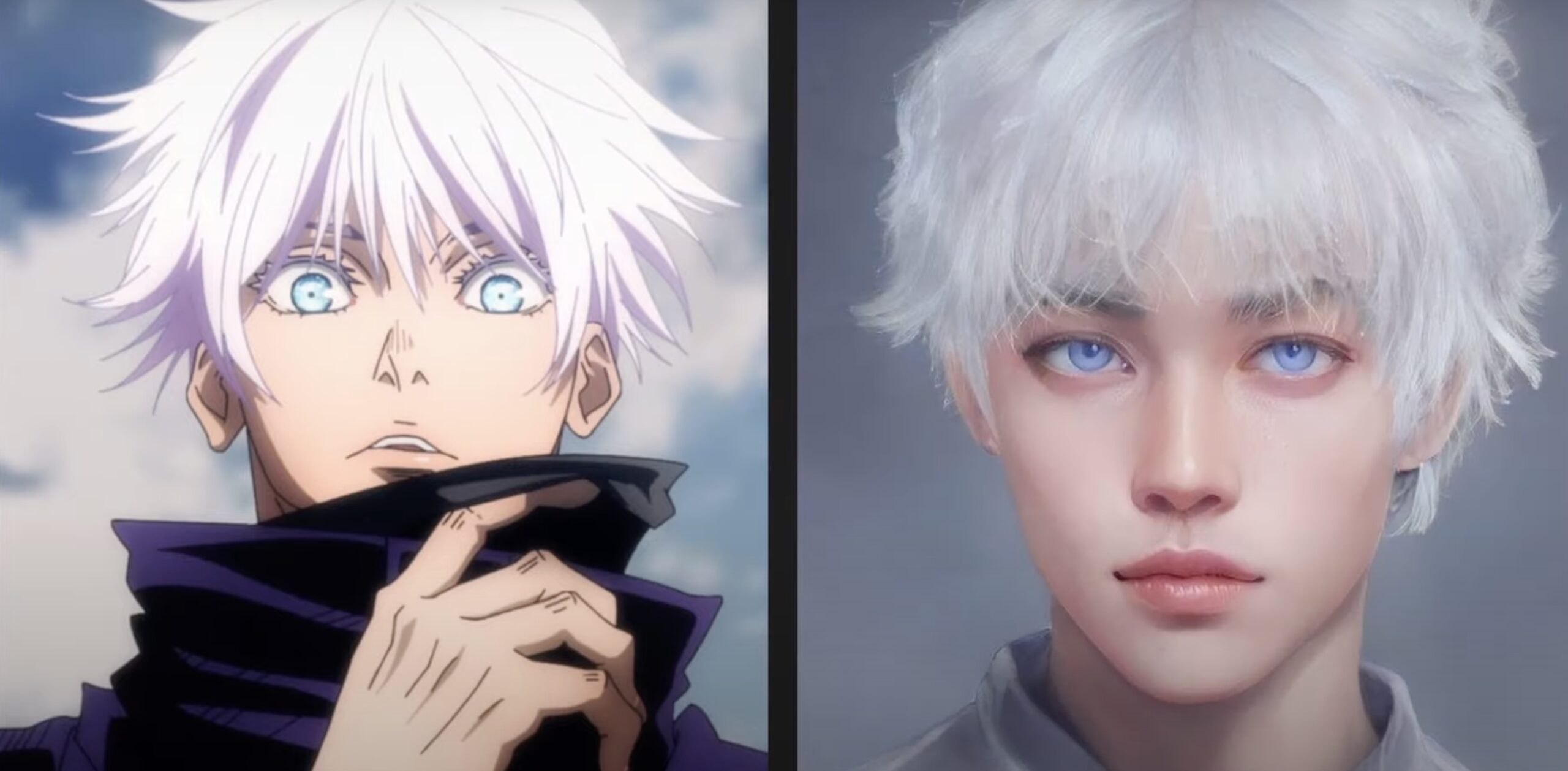
Gojo works as an instructor at the Tokyo Jujutsu High School, using his influence to take promising young students like Yuji, Megumi, and Nobara under his wing.
He trains them to control their powers responsibly while protecting them from harsher elements in the jujutsu world.
However, Gojo has a ruthless, merciless side too. He shows open disdain and disrespect for the conservative higher-ups ruling the Jujutsu Society, like Principal Gakuganji.
Towards enemies who threaten his allies and students, Gojo demonstrates truly sadistic brutality. So, while nurturing a protective, jovial persona with some, Satoru switches to a cold and cruel temperament when confronting adversaries.
His complexity derives from juggling these opposing natures.
More About Jujutsu Kaisen
Yuji Itadori possesses remarkable athletic talent and excels in track and field events. However, he lacks passion for running laps around an oval track.
Instead, he is perfectly content as a member of his school’s Occult Research Club, although he joined purely out of curiosity and amusement rather than serious interest in the paranormal.
His leisurely extracurricular life takes a fateful turn when a genuine spirit makes an unexpected appearance at the school.
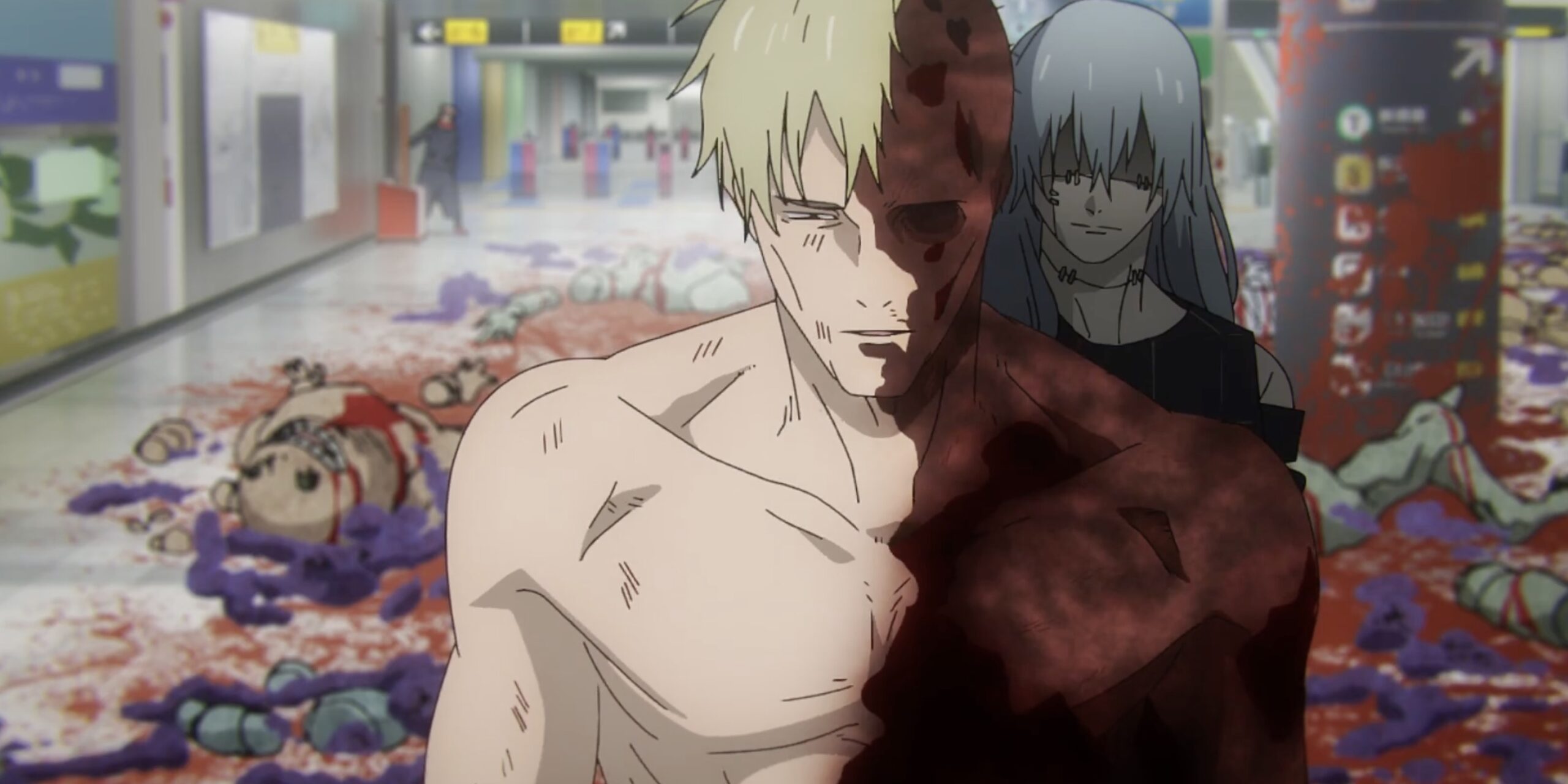
Earlier, Yuji made a solemn promise to his dying grandfather that he would live selflessly, surrounding himself with loved ones in his final moments, unlike his grandfather’s lonely death.
However, Yuji’s existence dramatically shifts course when he crosses paths with Megumi Fushiguro, a sorcerer tasked with retrieving a hazardous cursed charm.
Blissfully unaware of the talisman’s danger, Yuji’s friends disturb its seal, enabling malevolent spirits bound within it to break free and run rampant.
As the released curses overwhelm Fushiguro and Yuji, the latter takes the bold step of ingesting the charm, thereby gaining its power while also becoming cursed himself.
From that point on, Yuji finds himself immersed in Fushiguro’s high-stakes world of mystical jujutsu warfare against dark supernatural forces.


